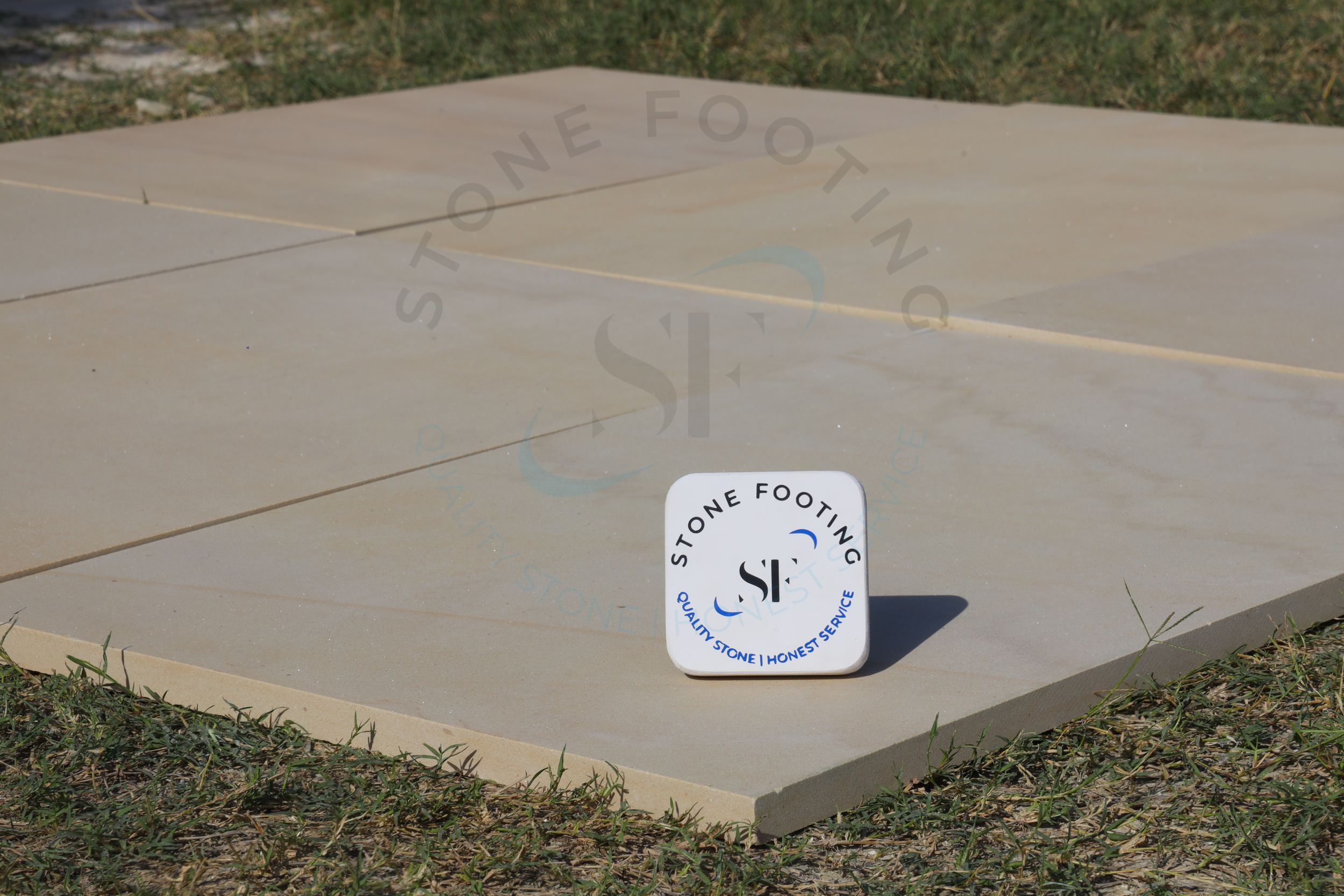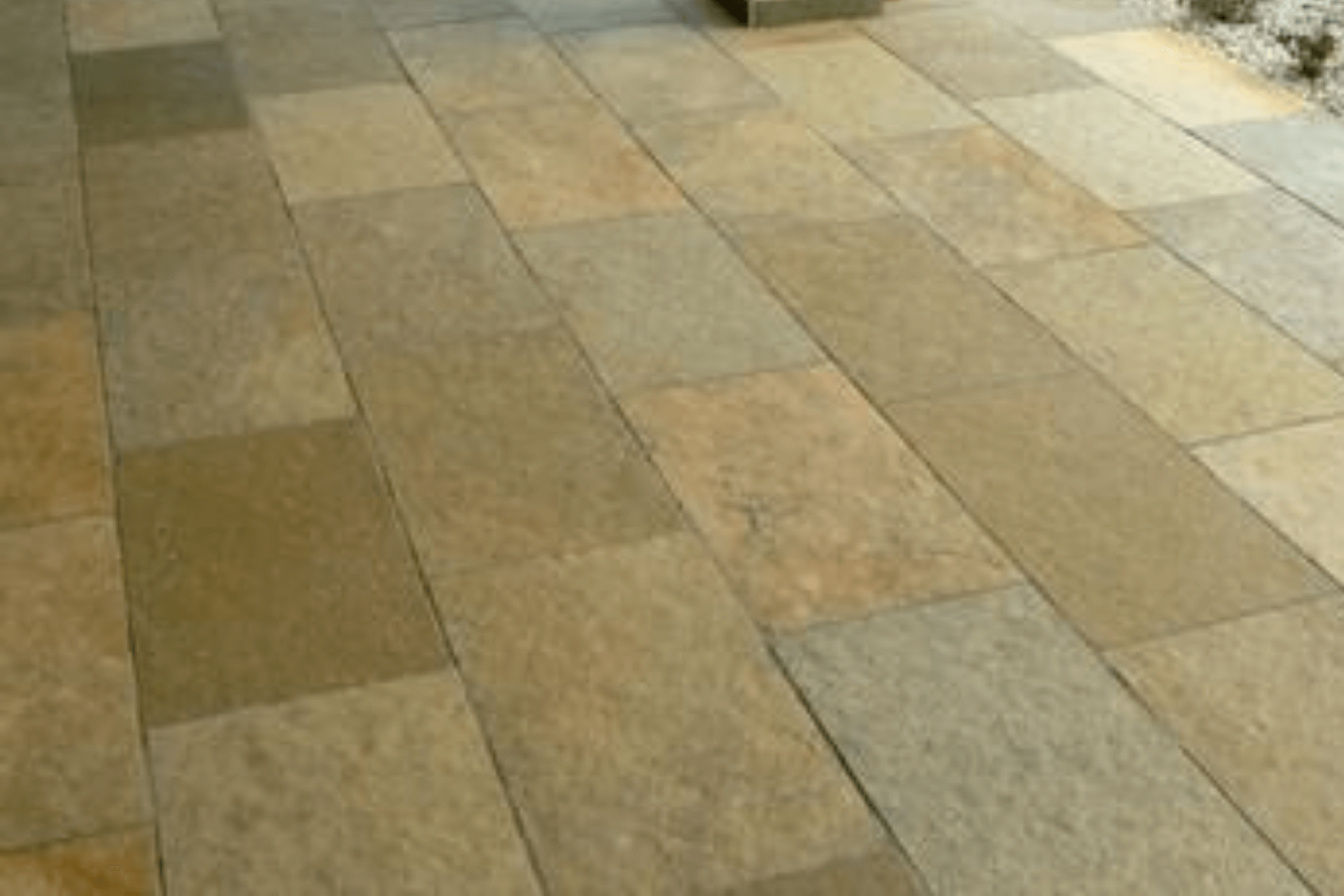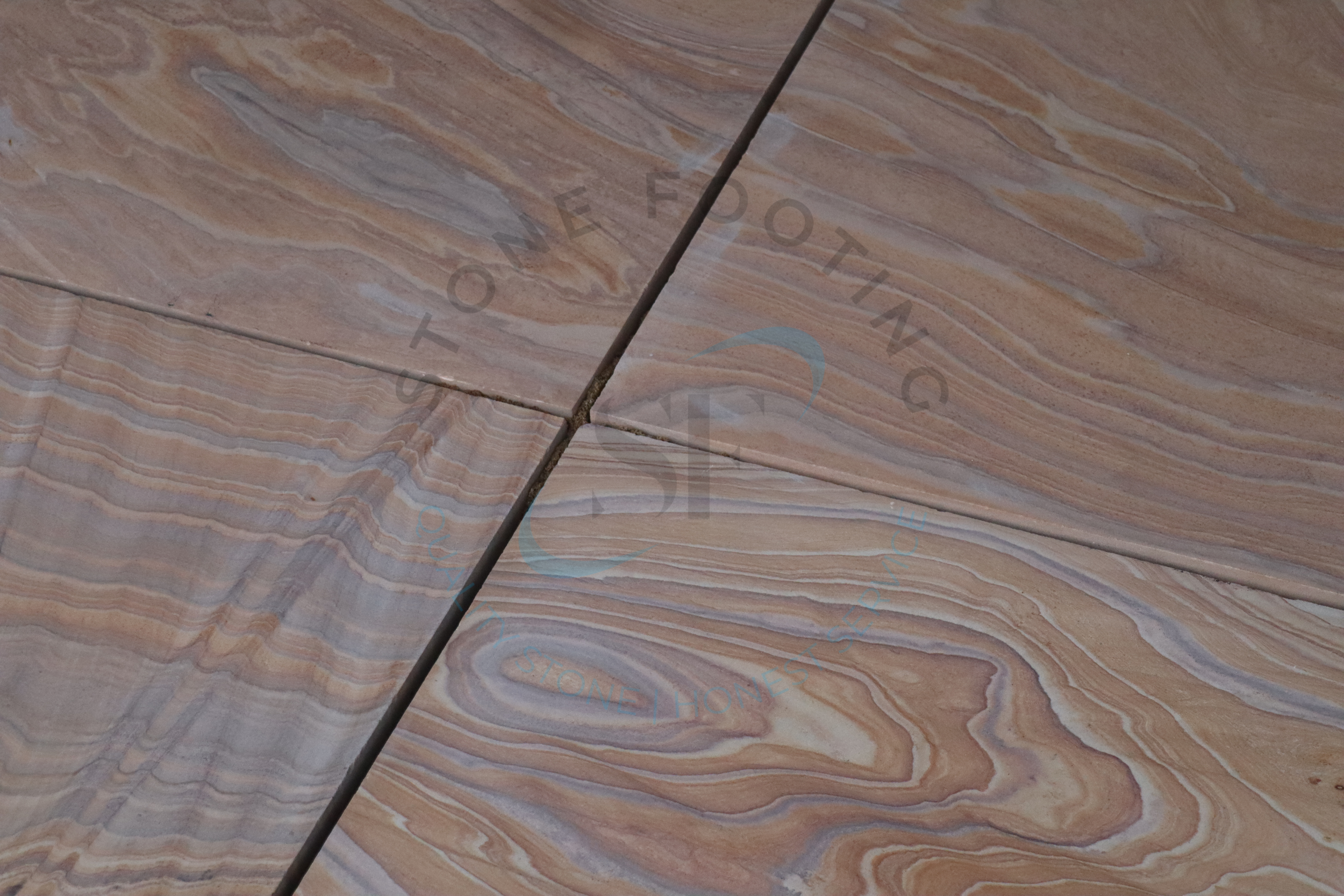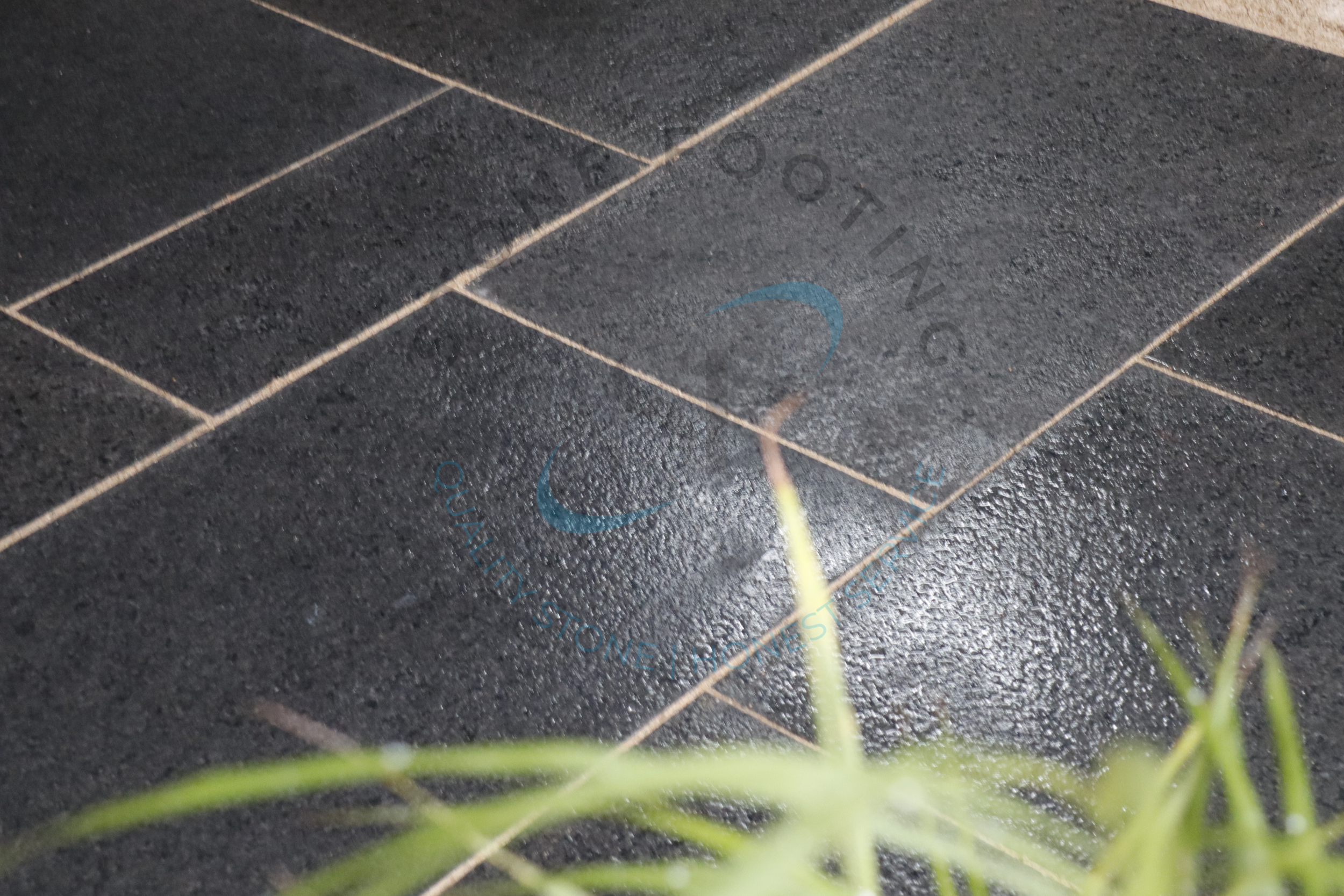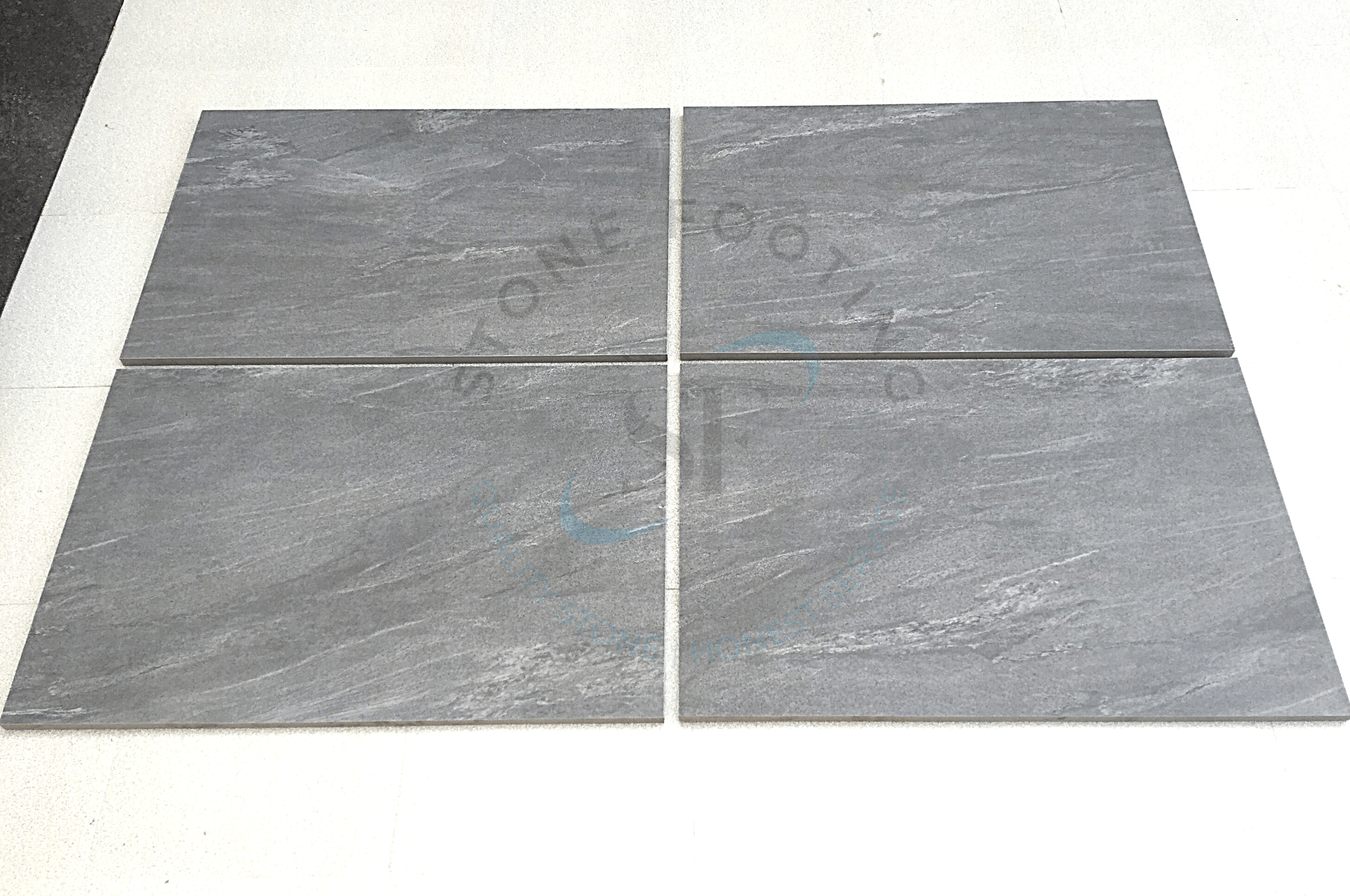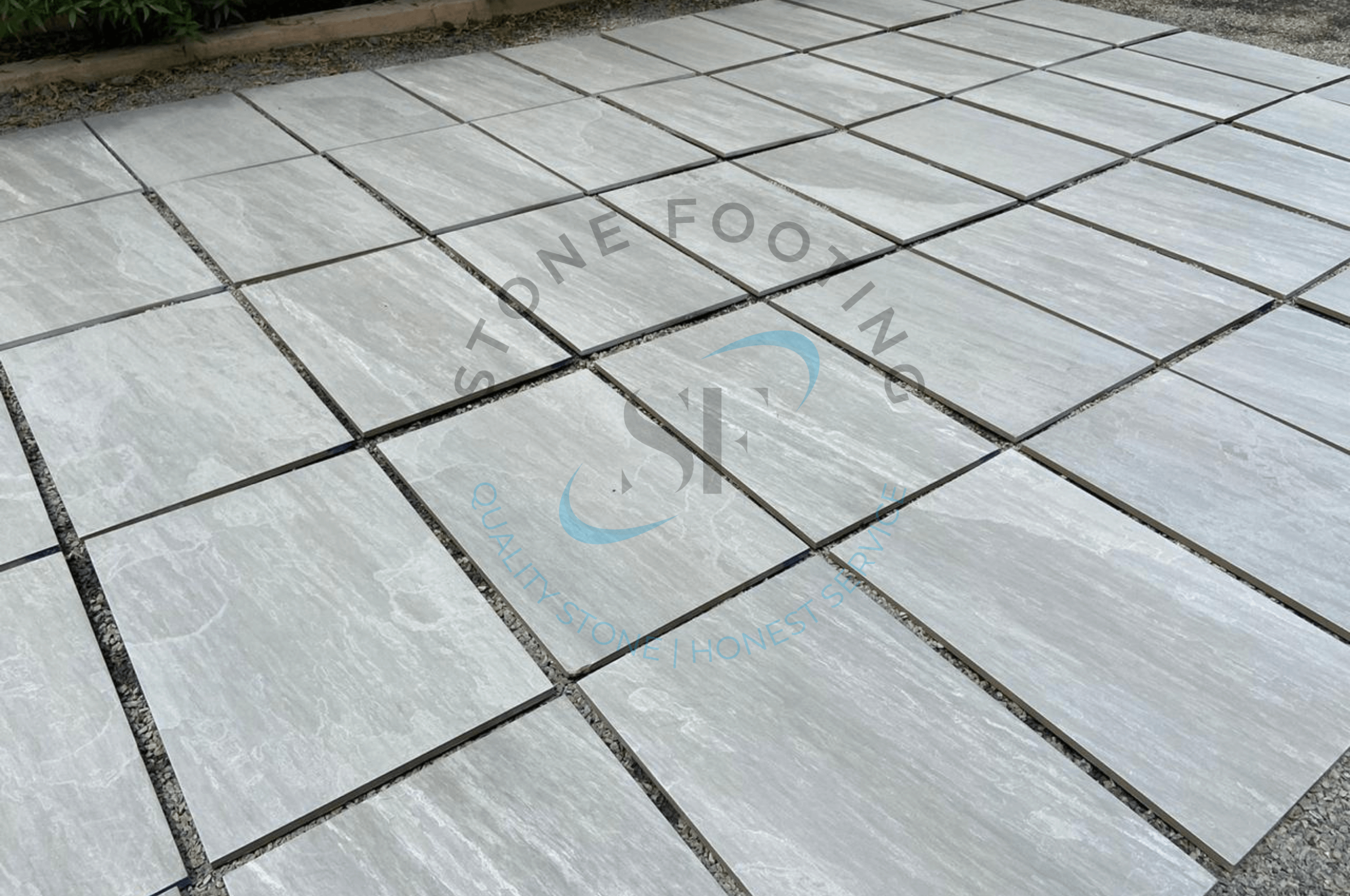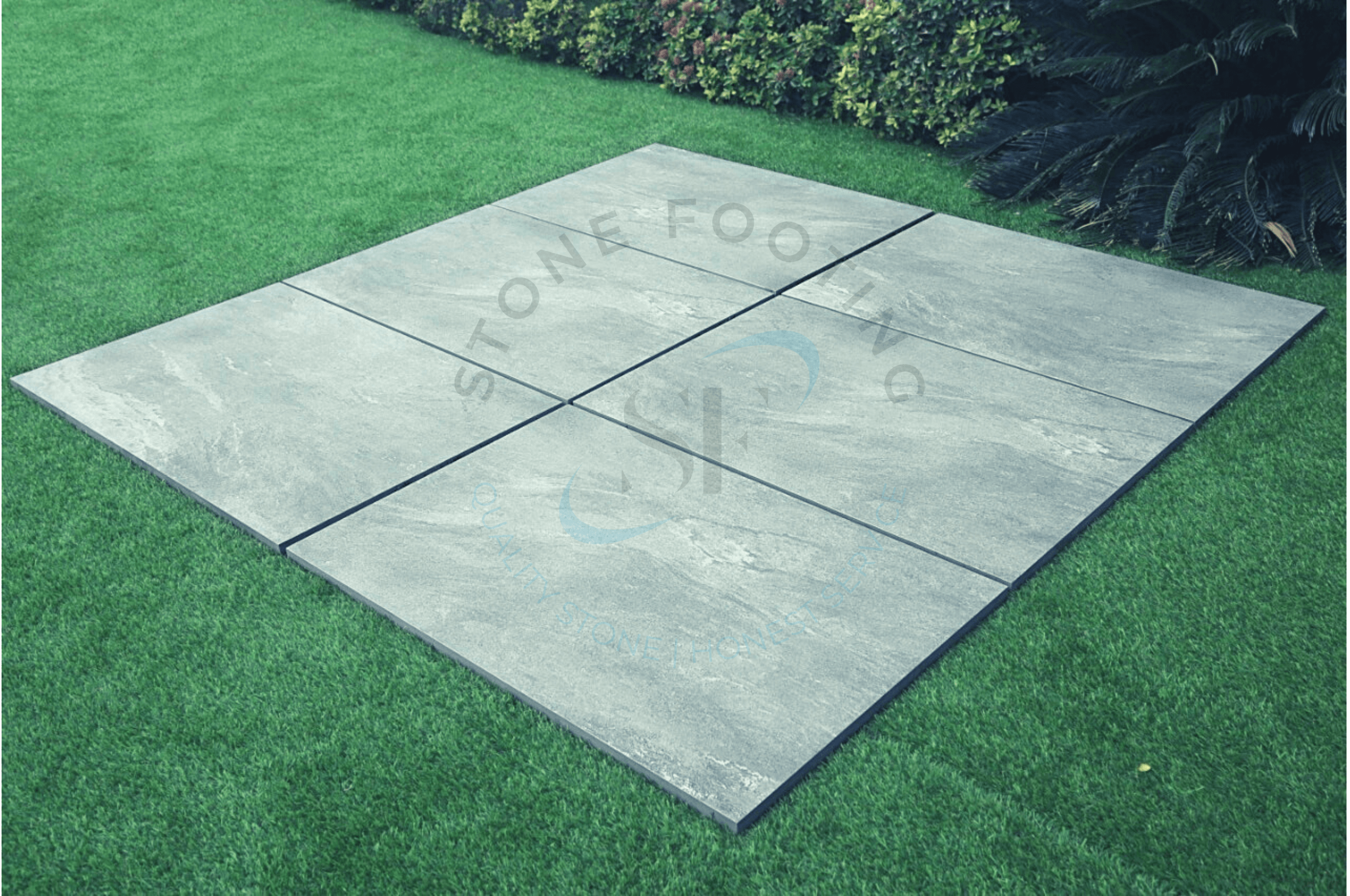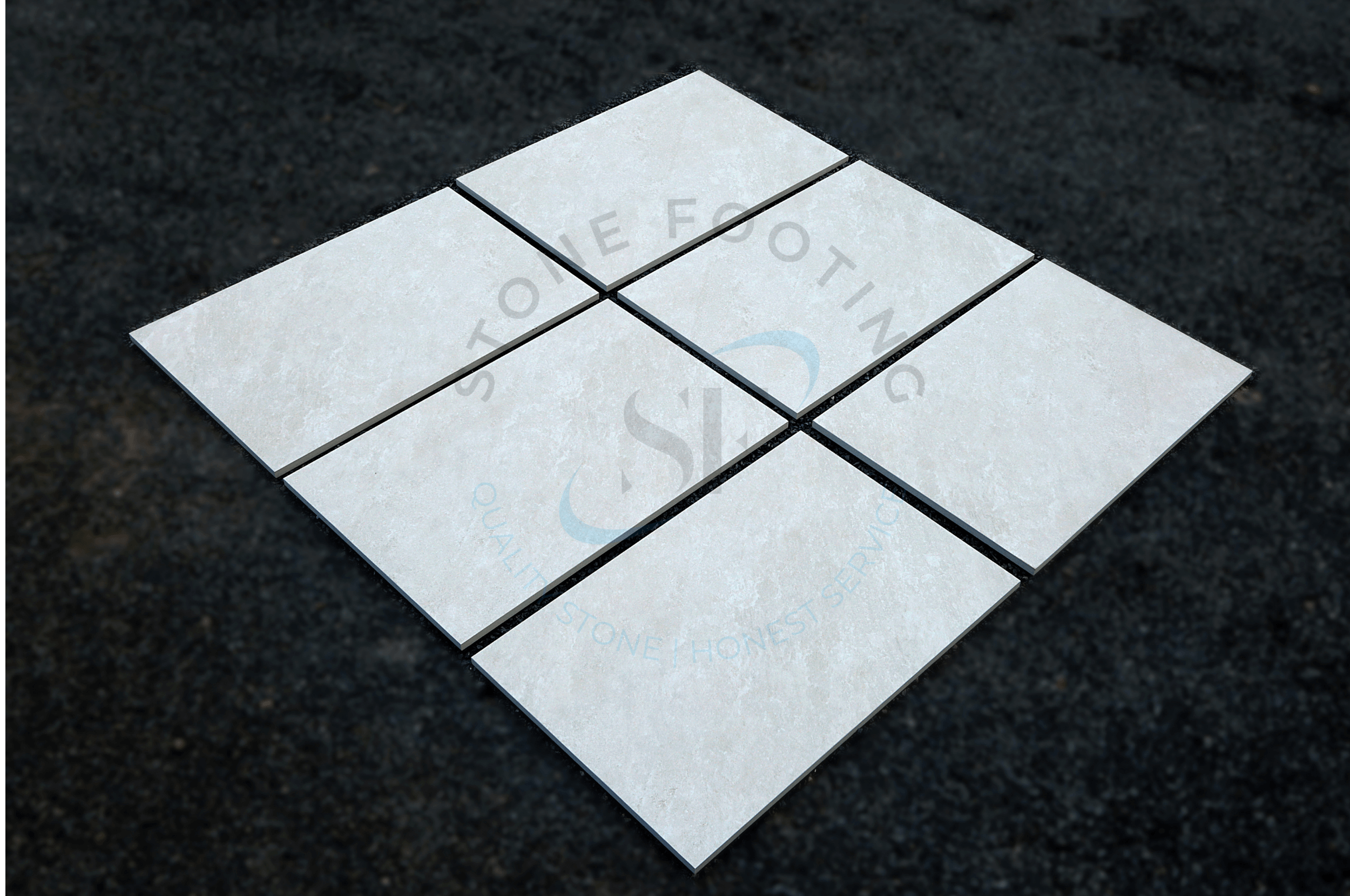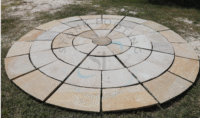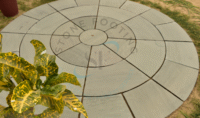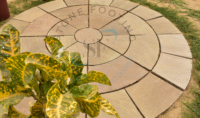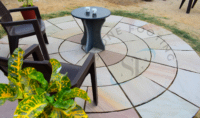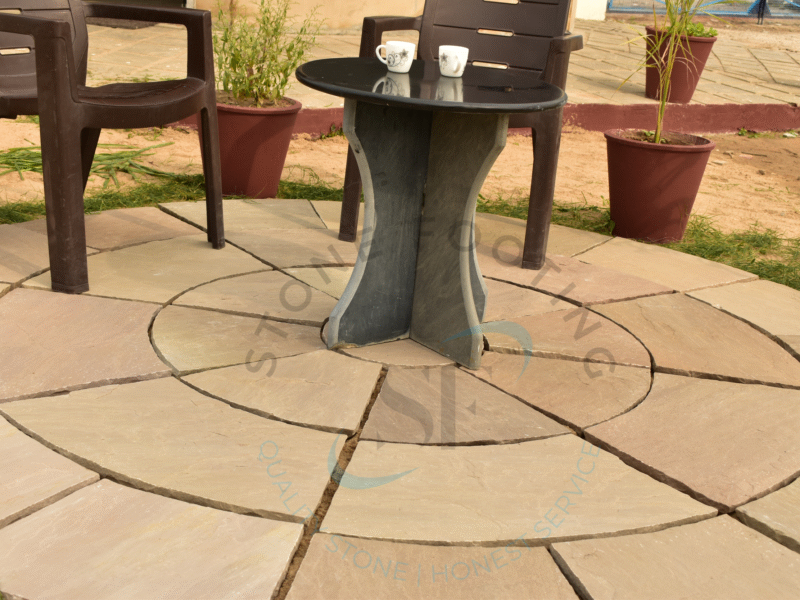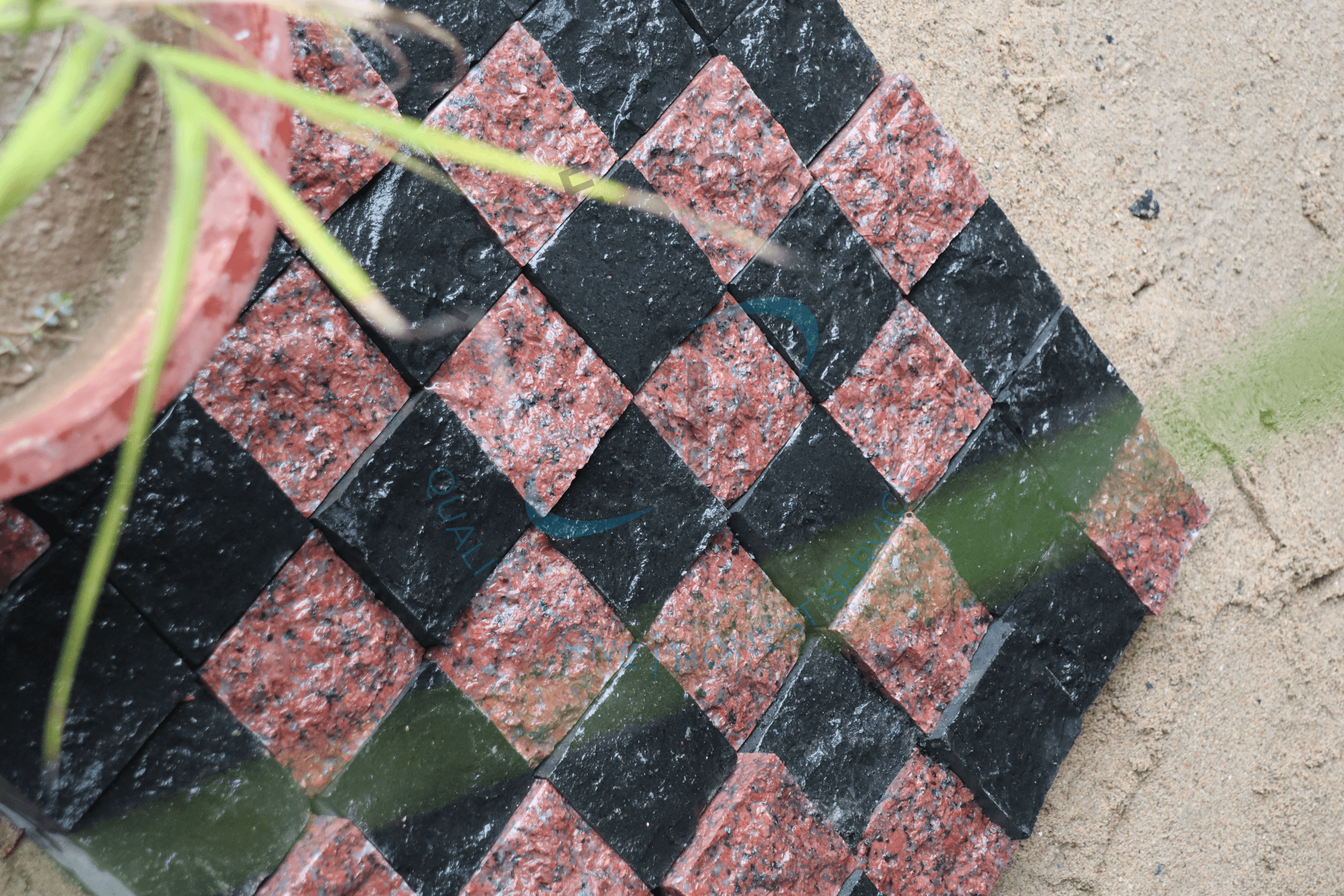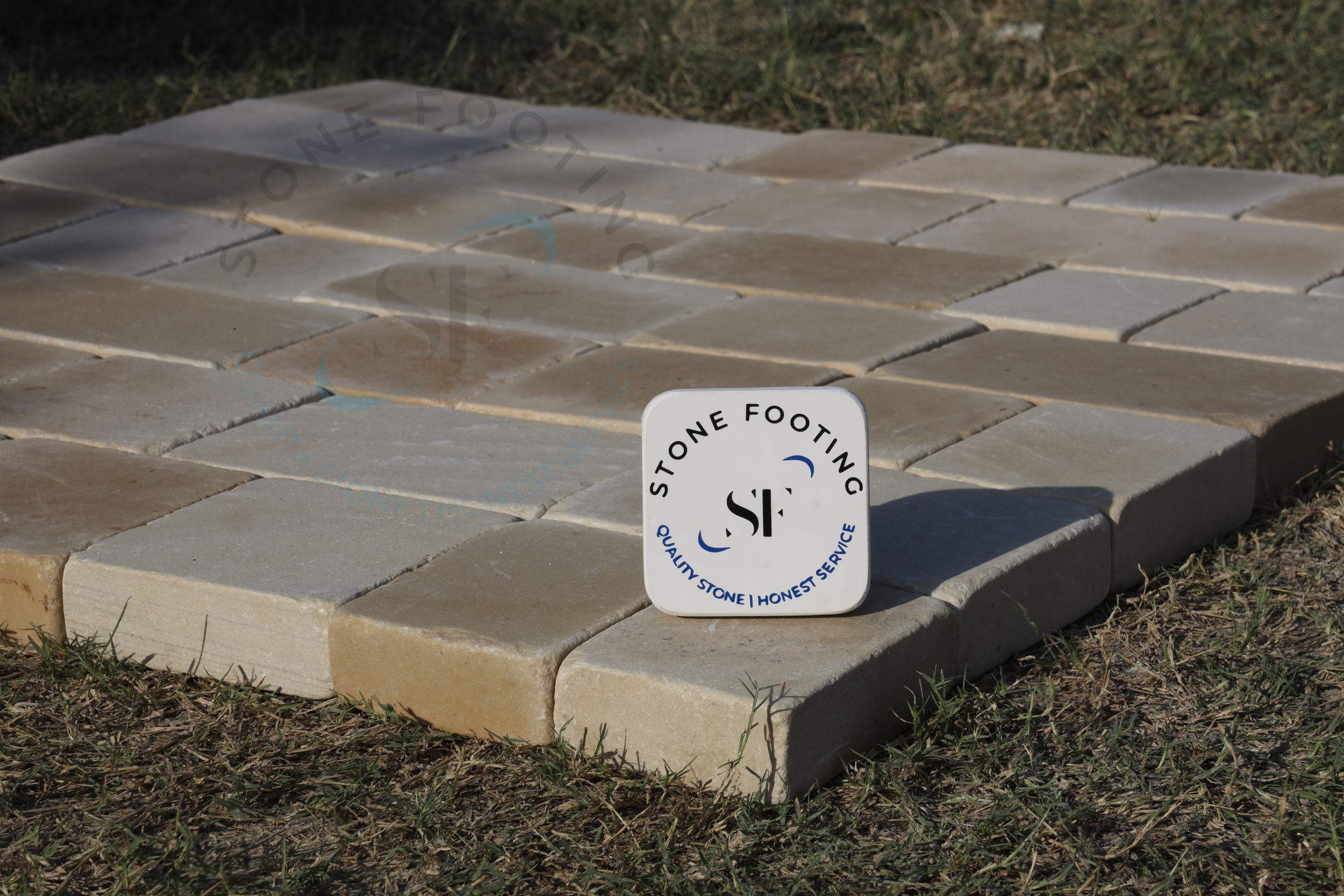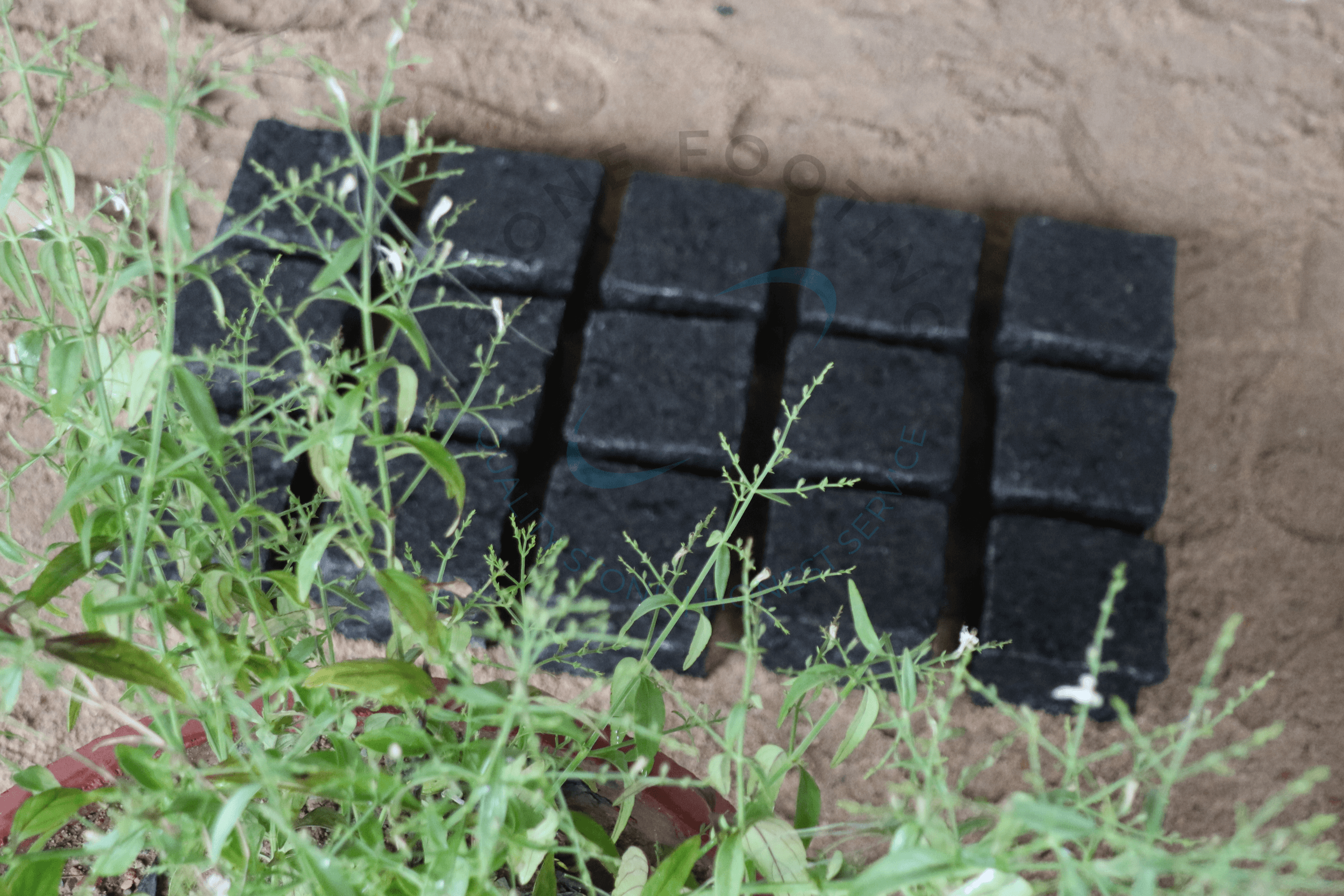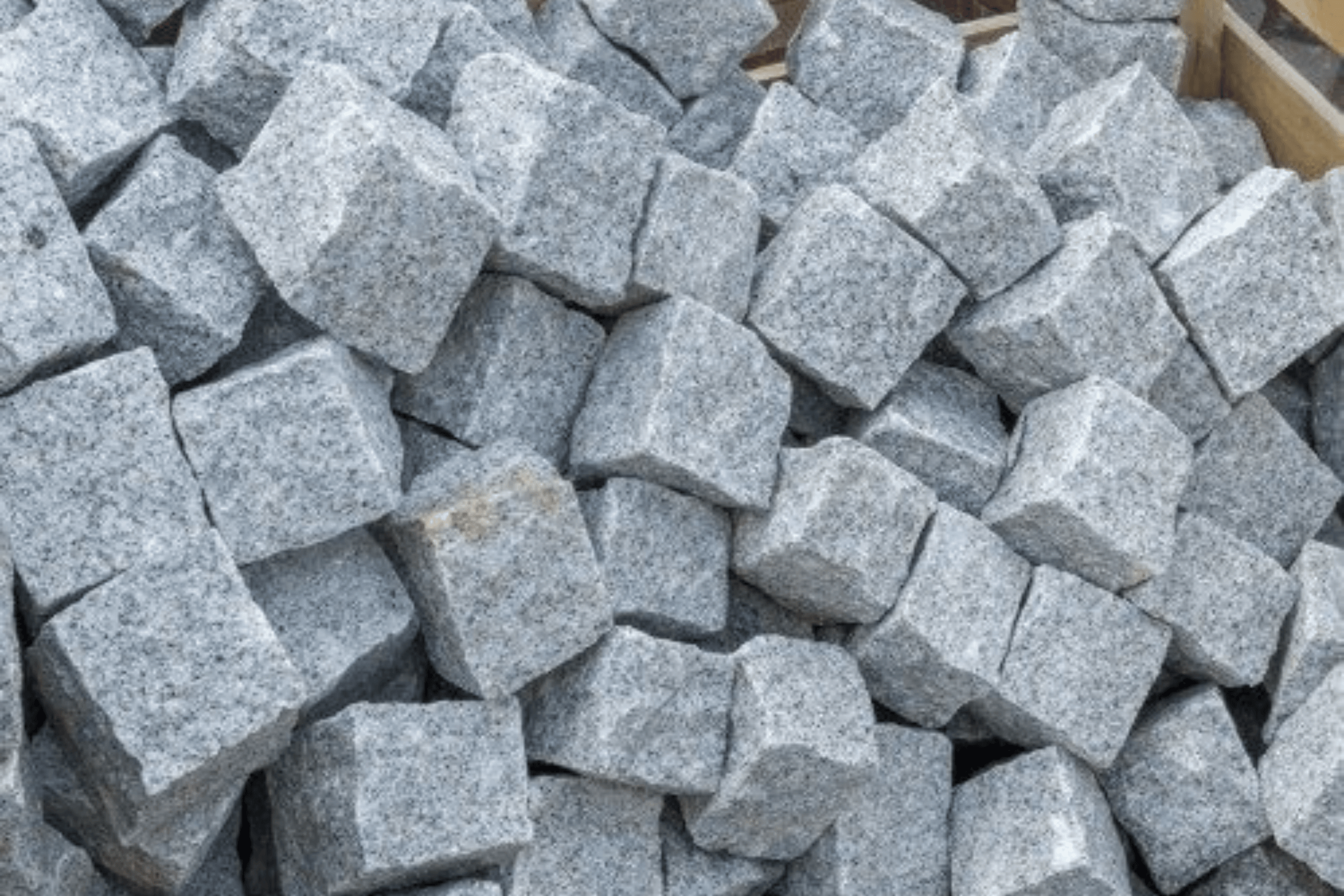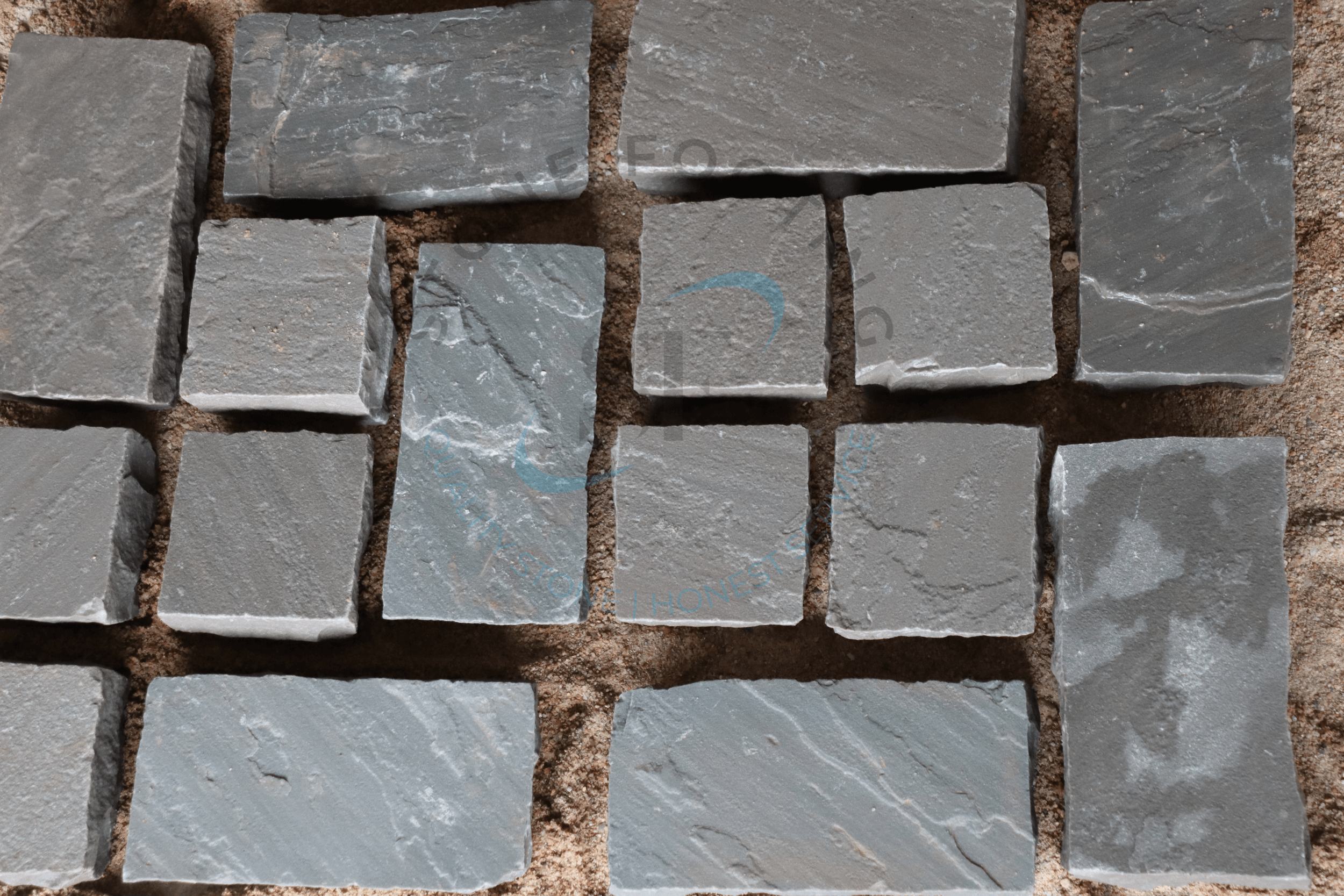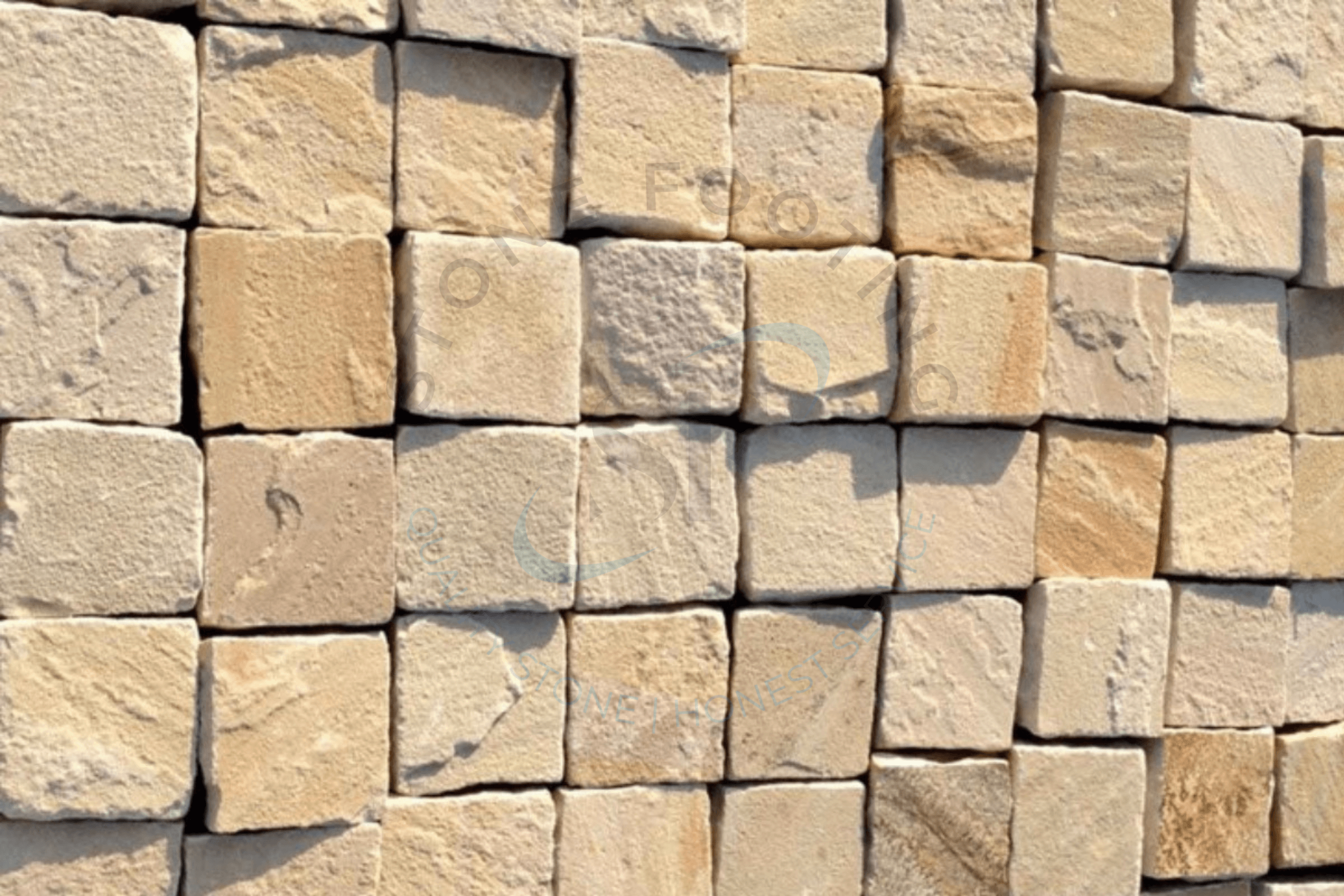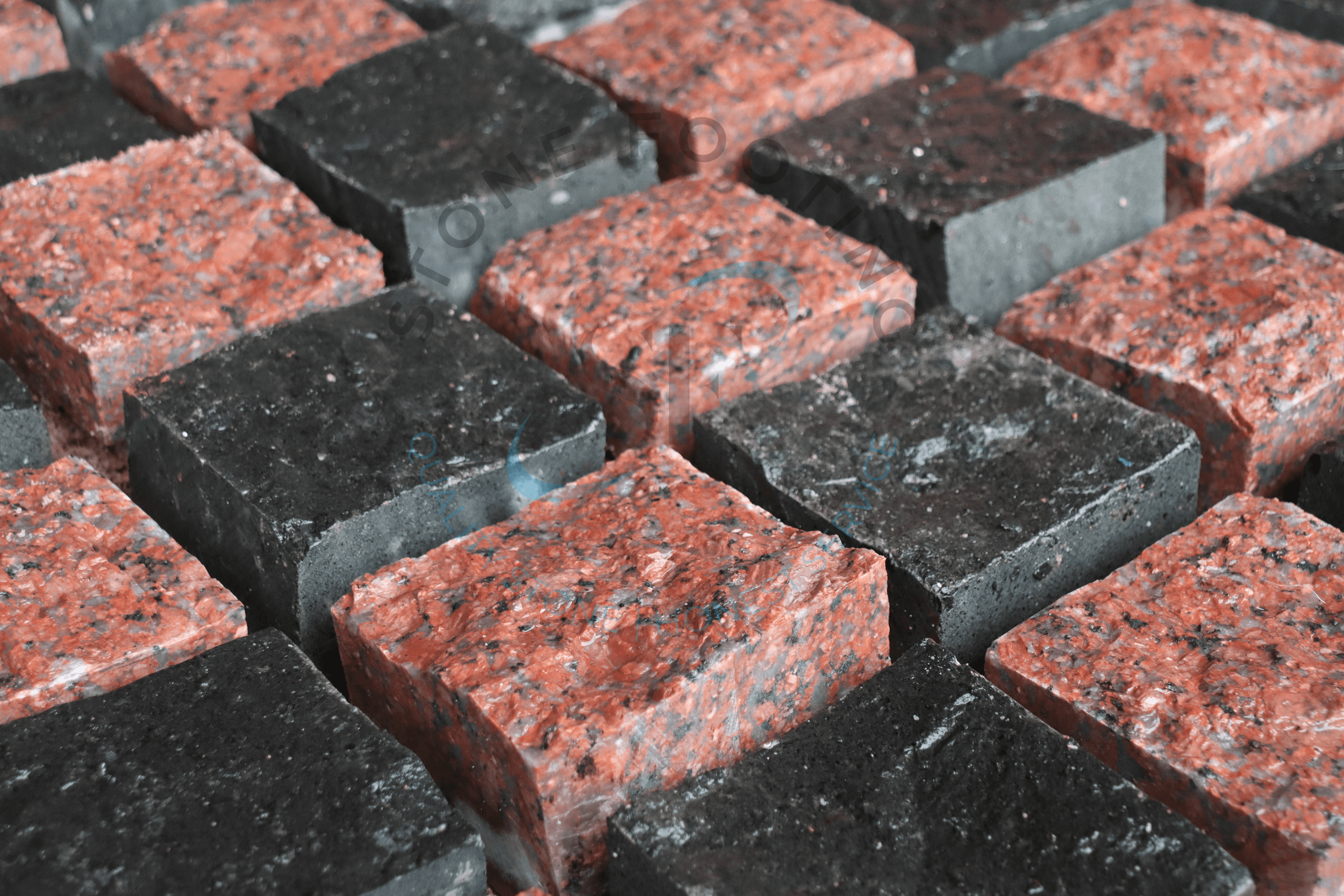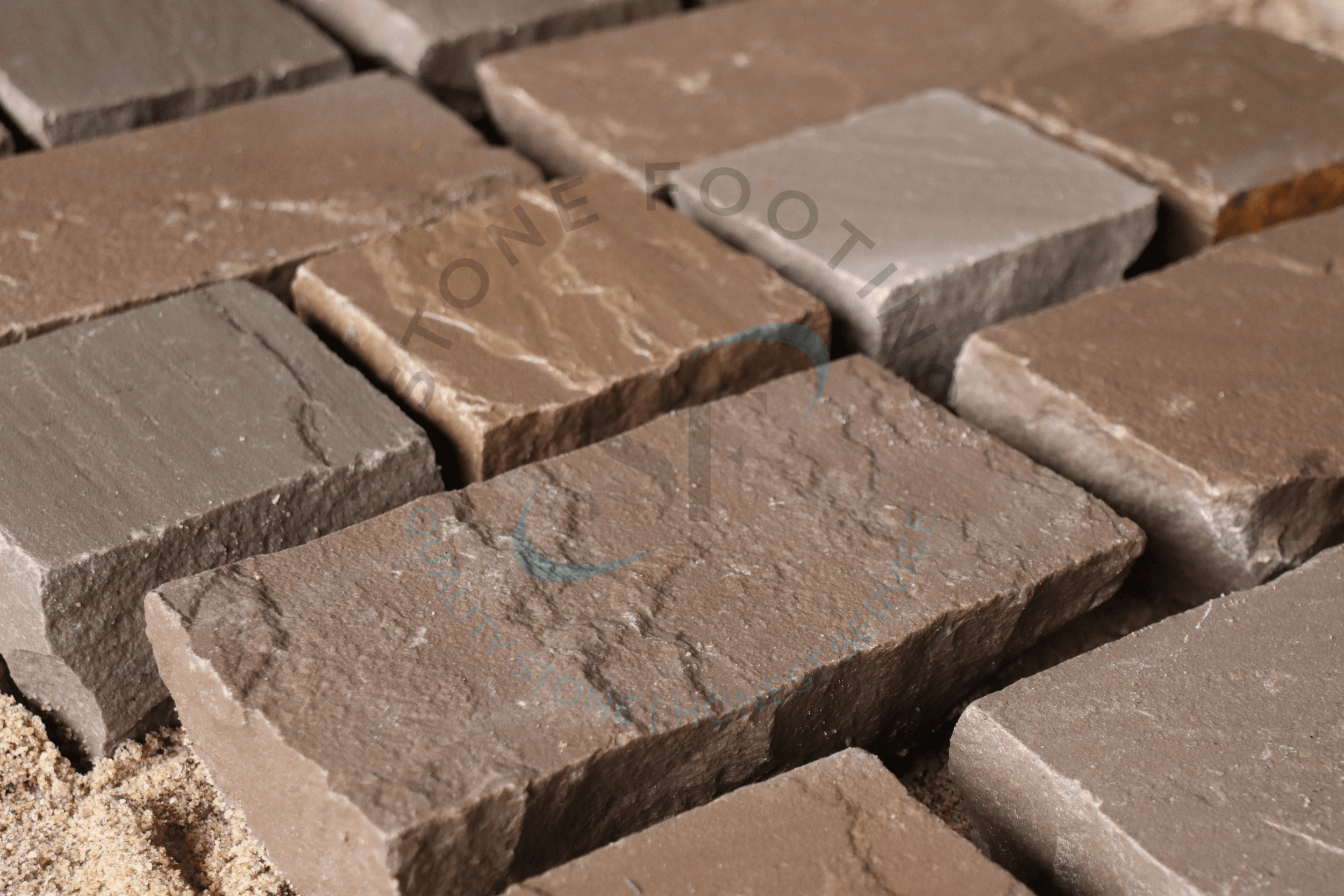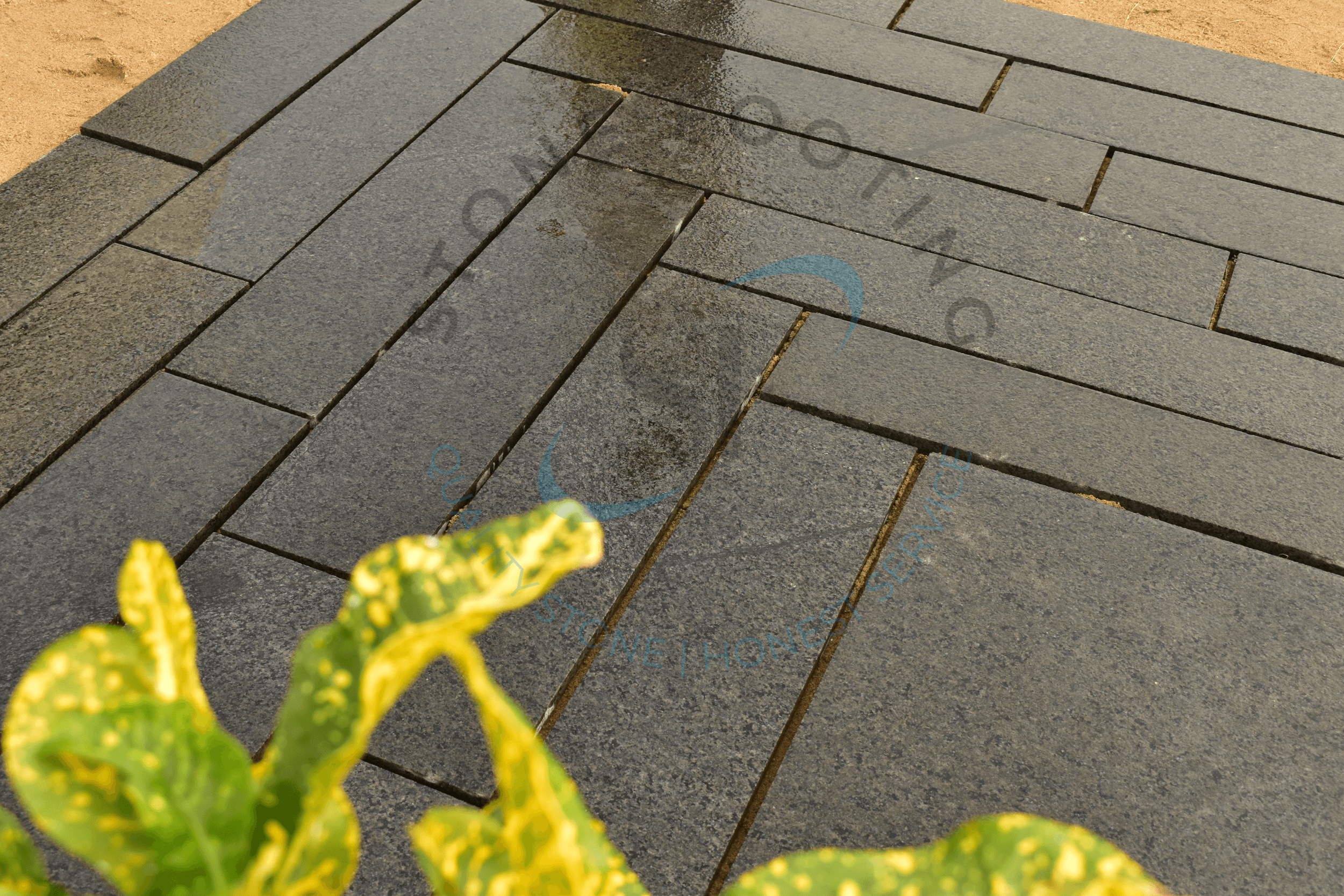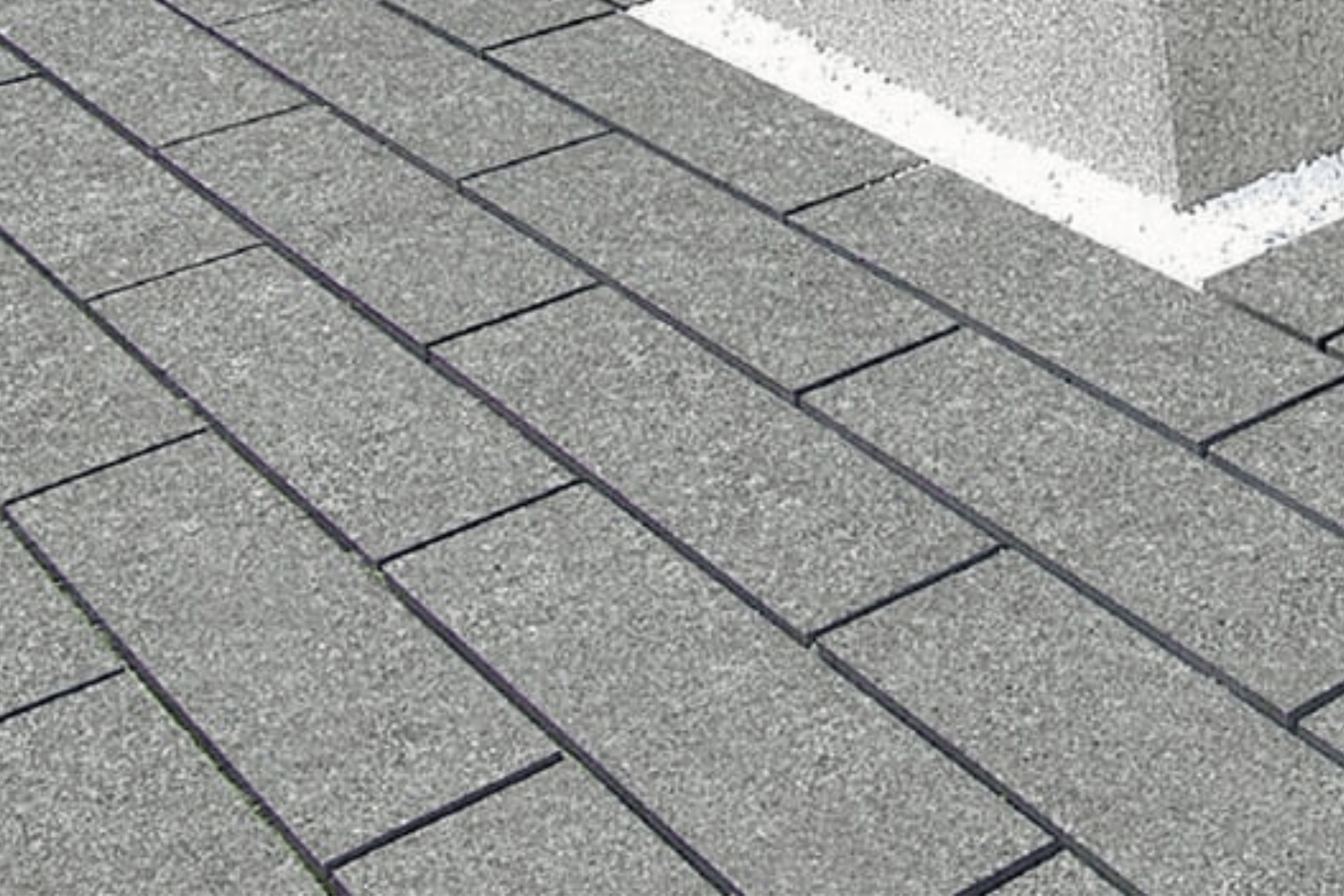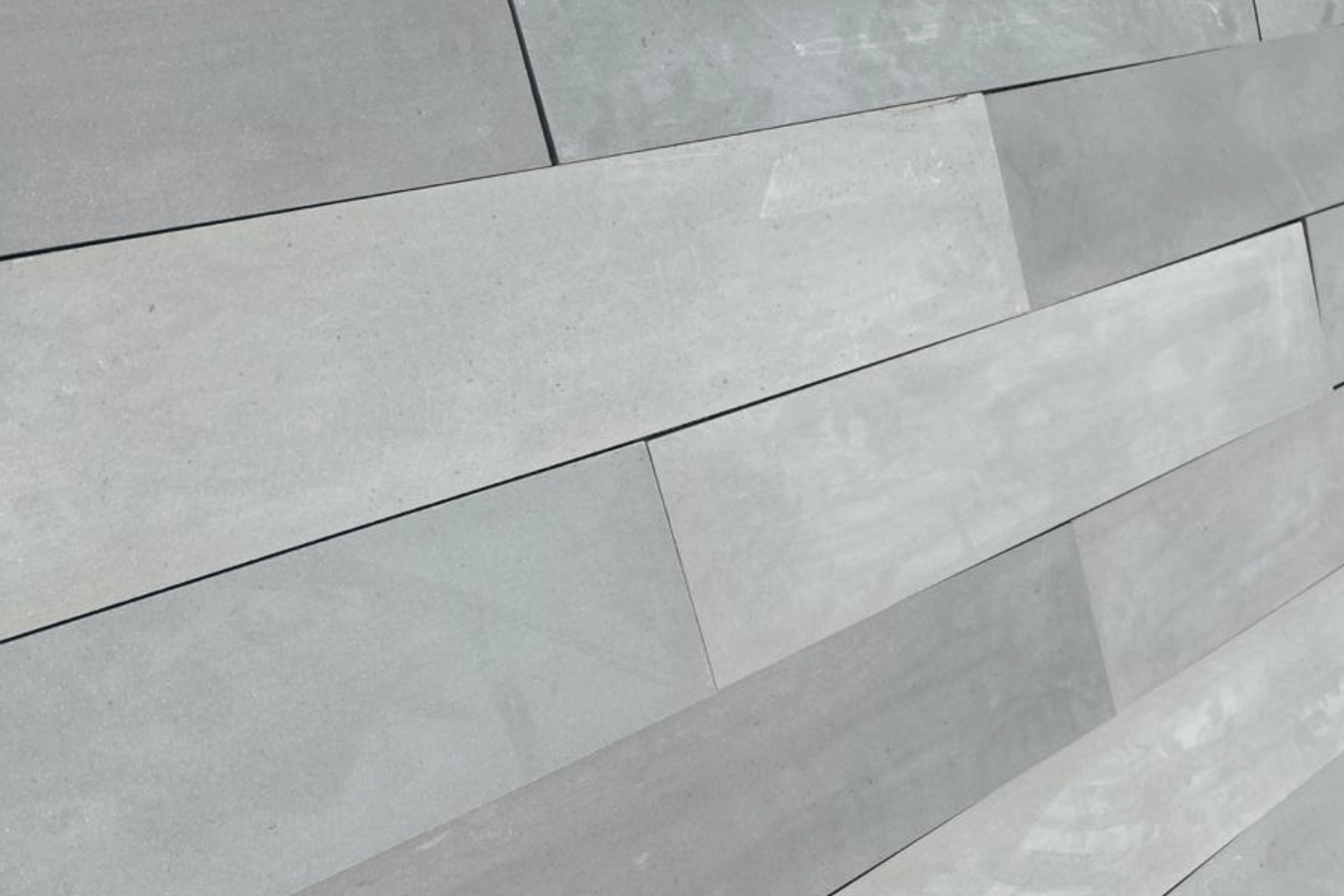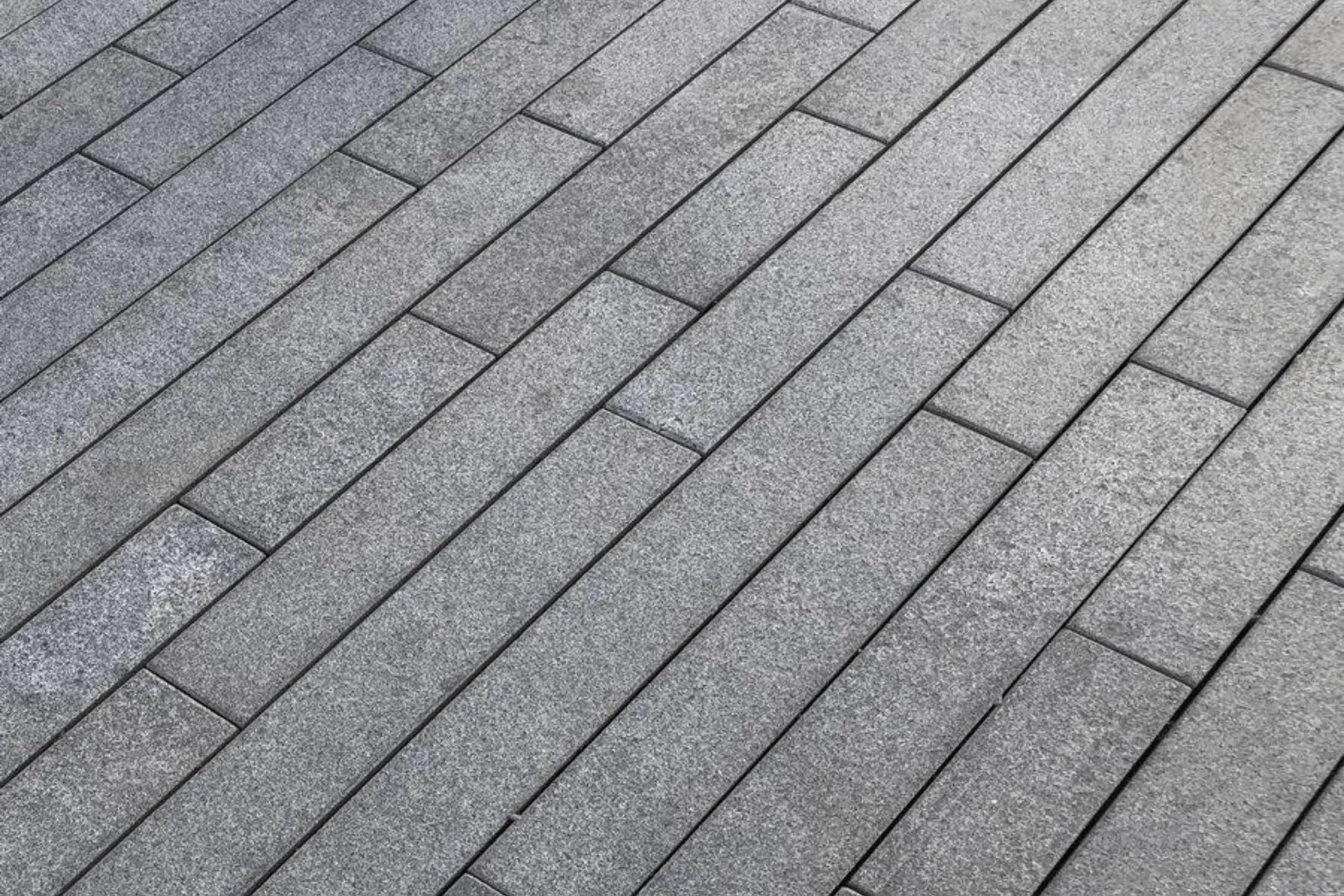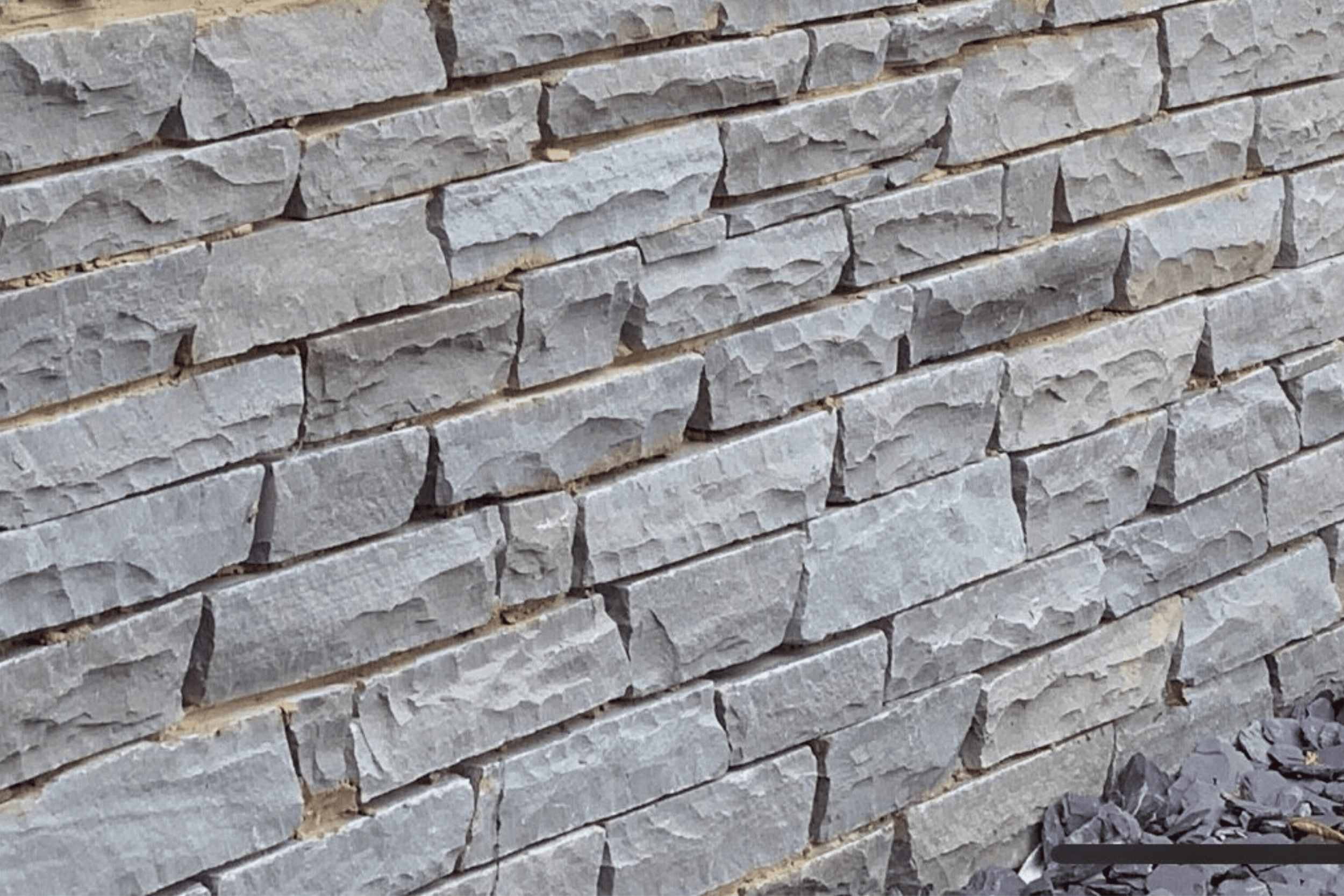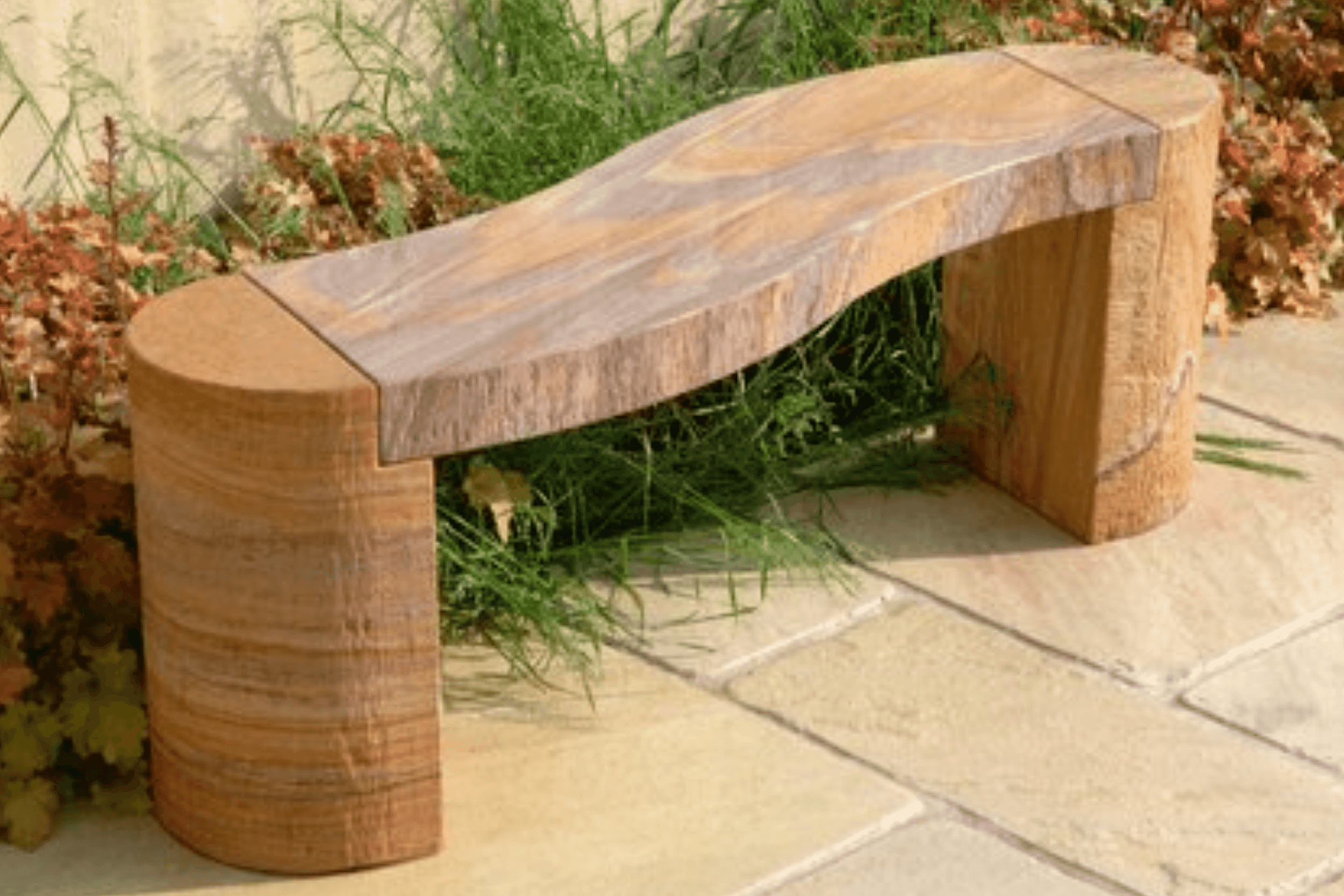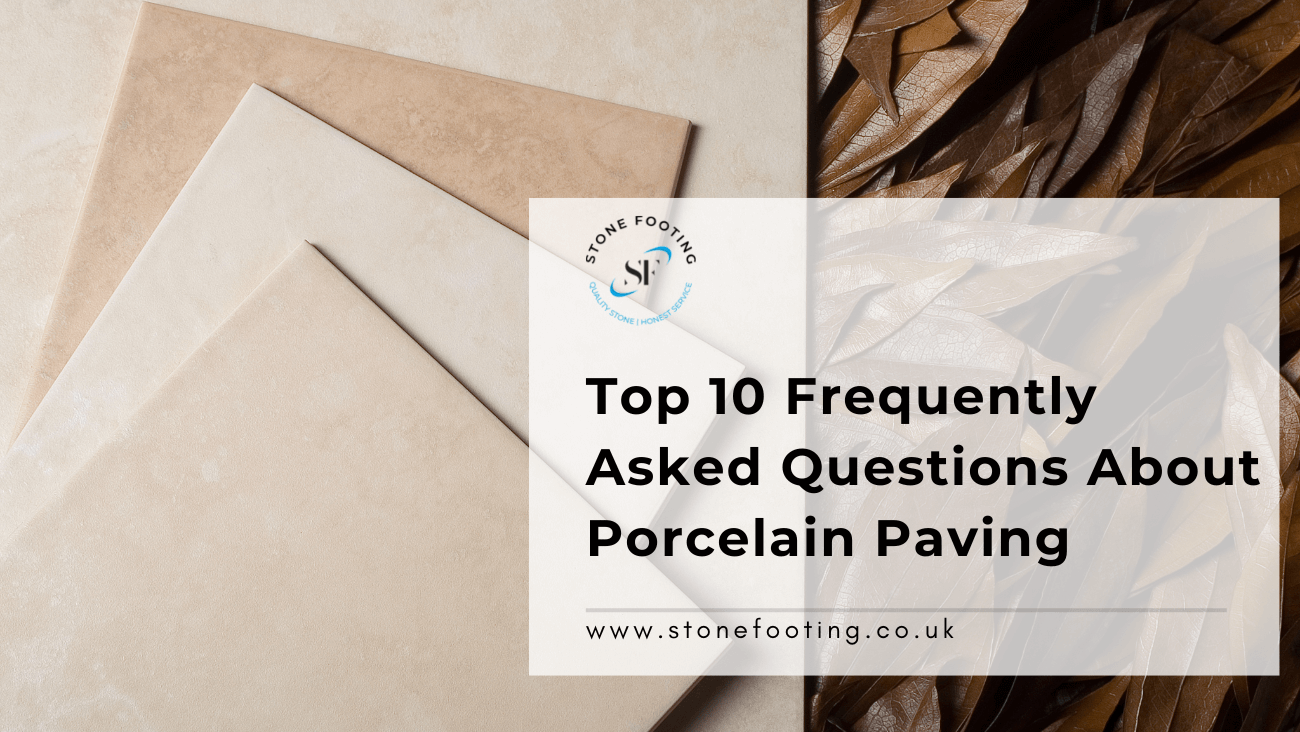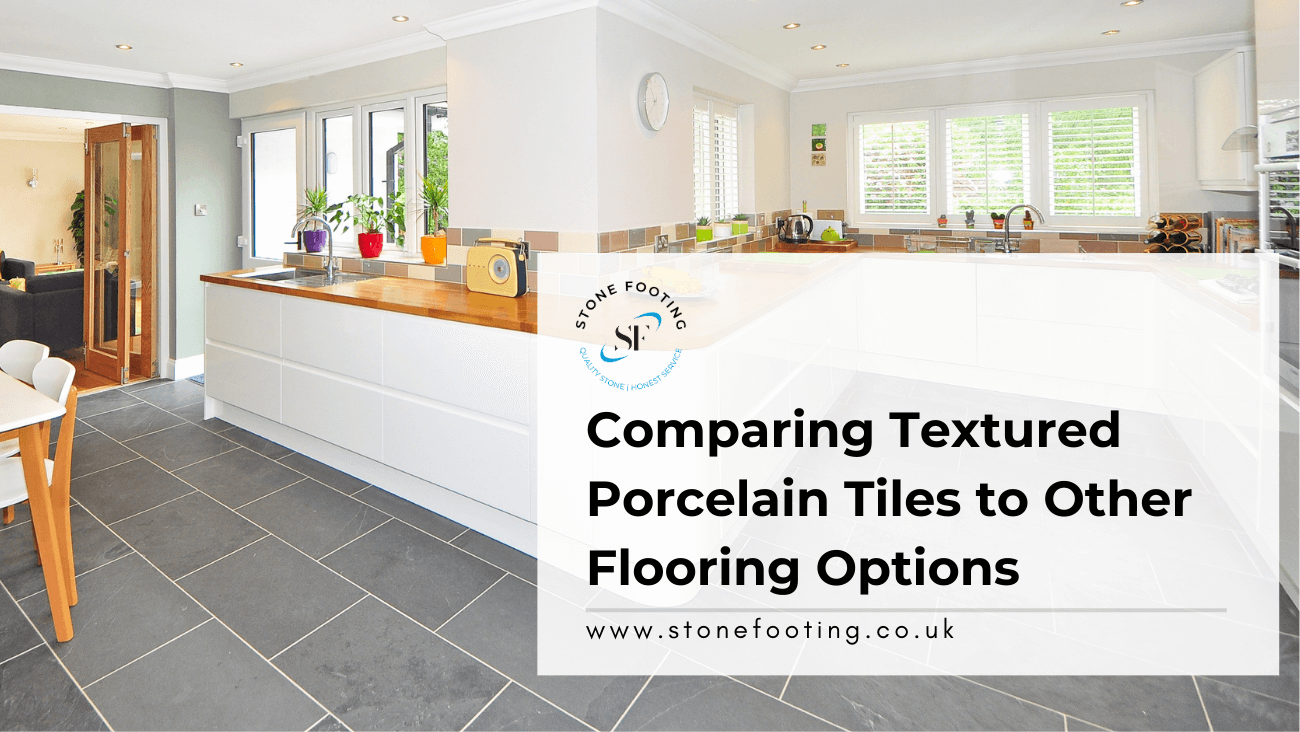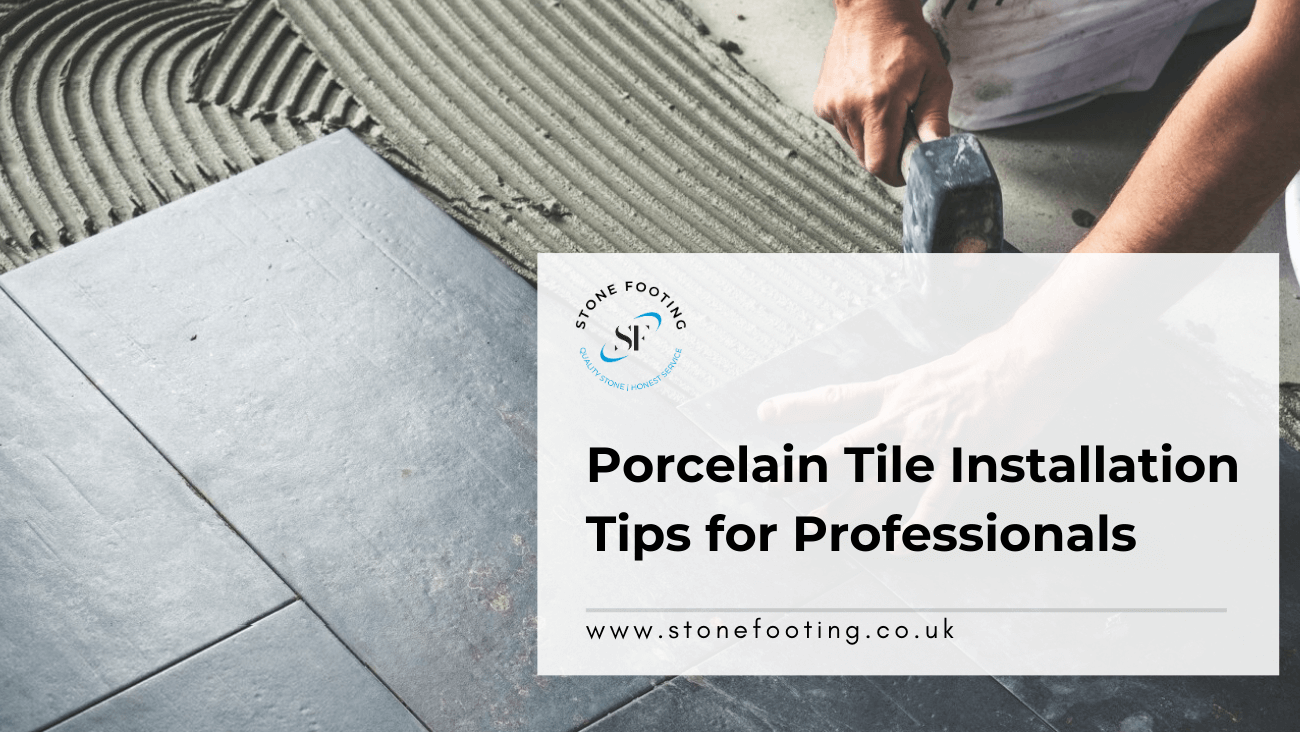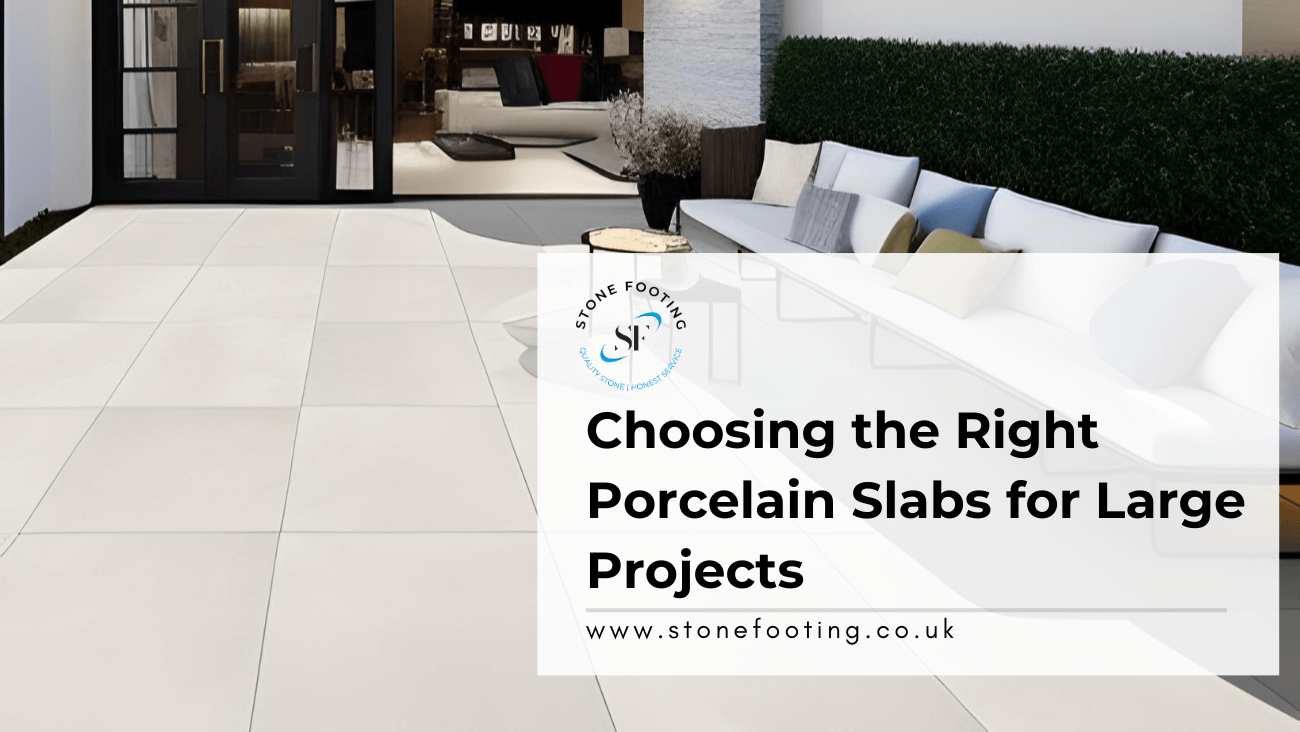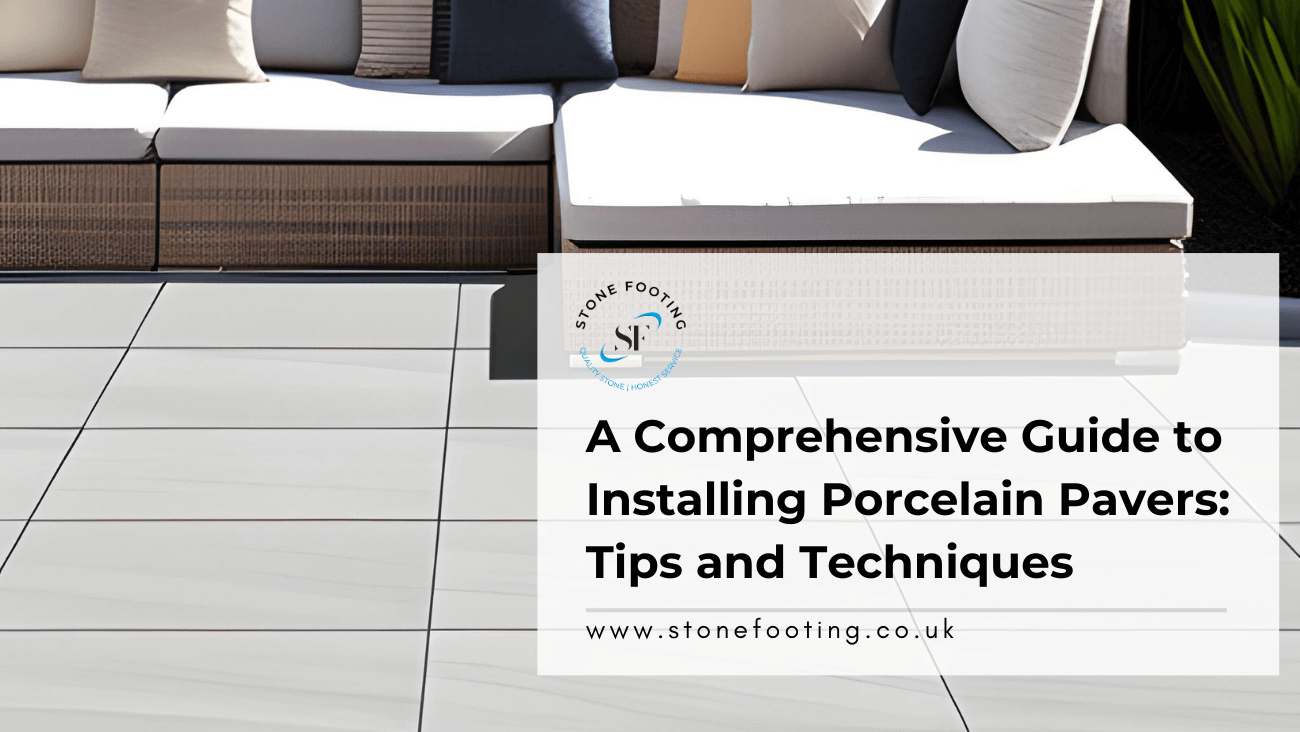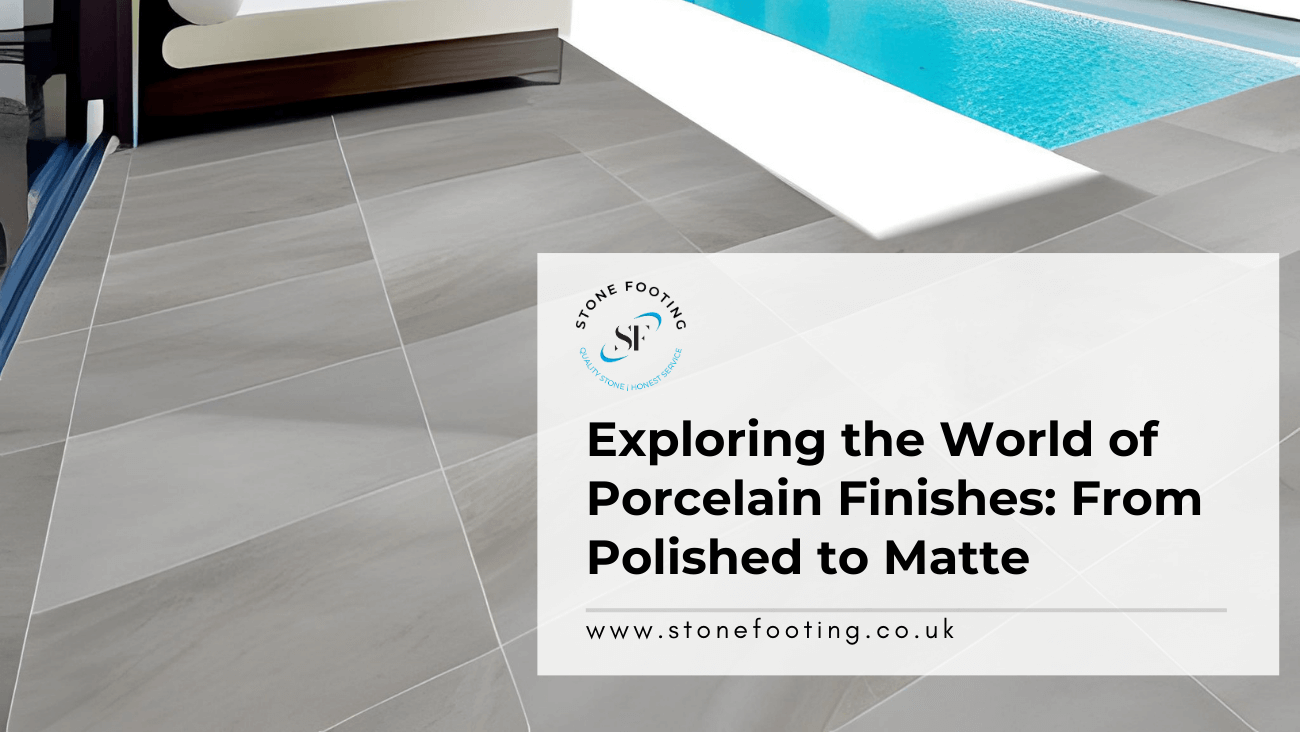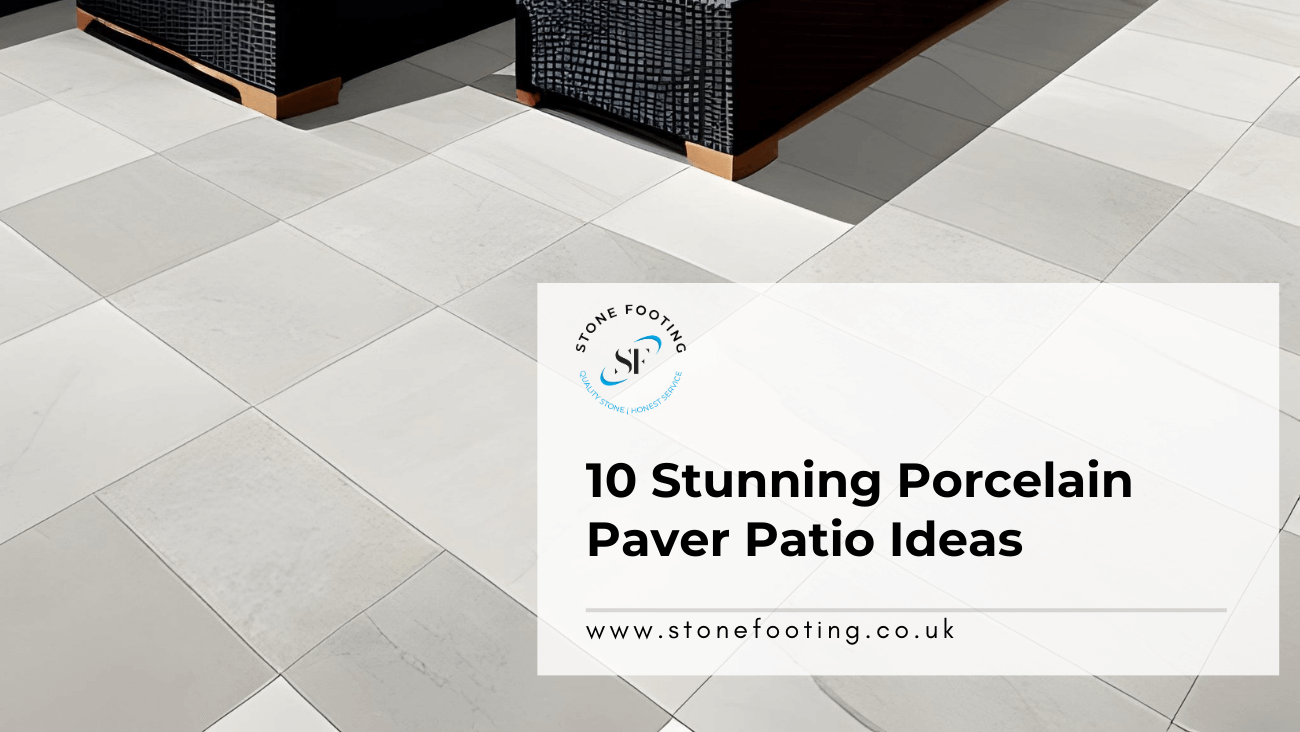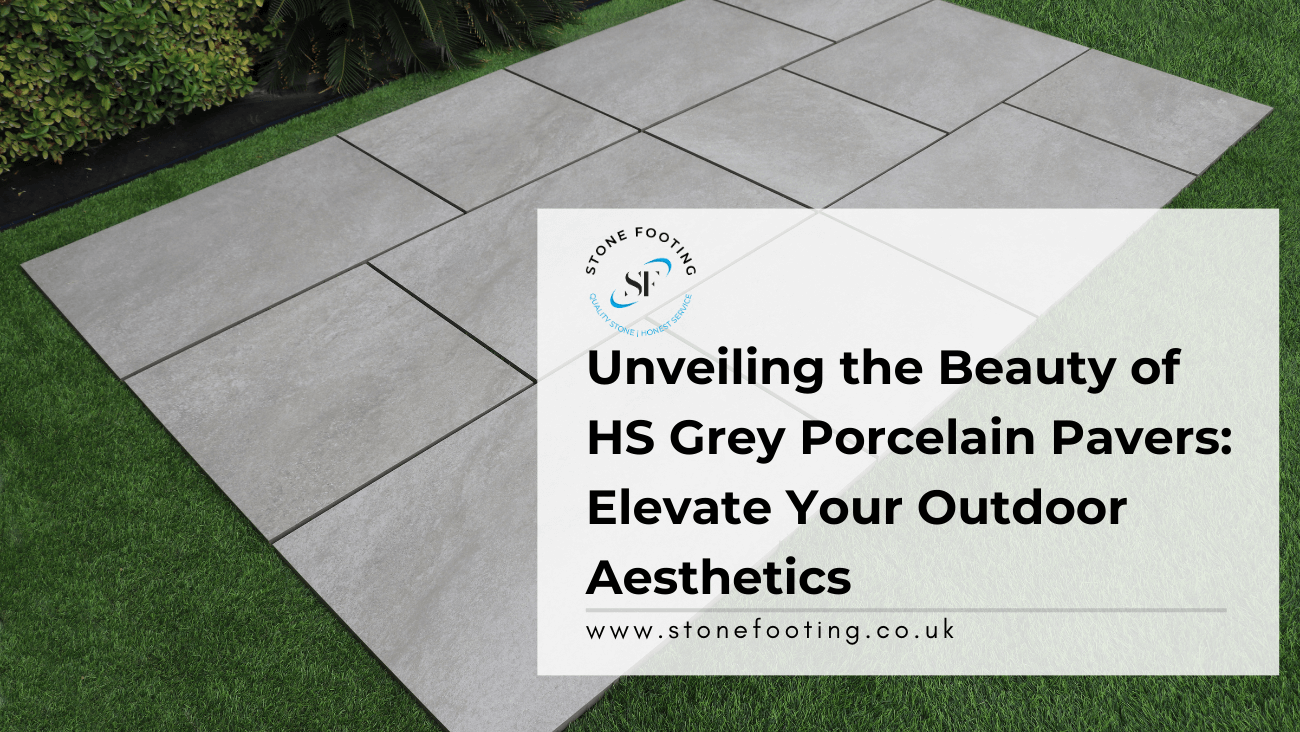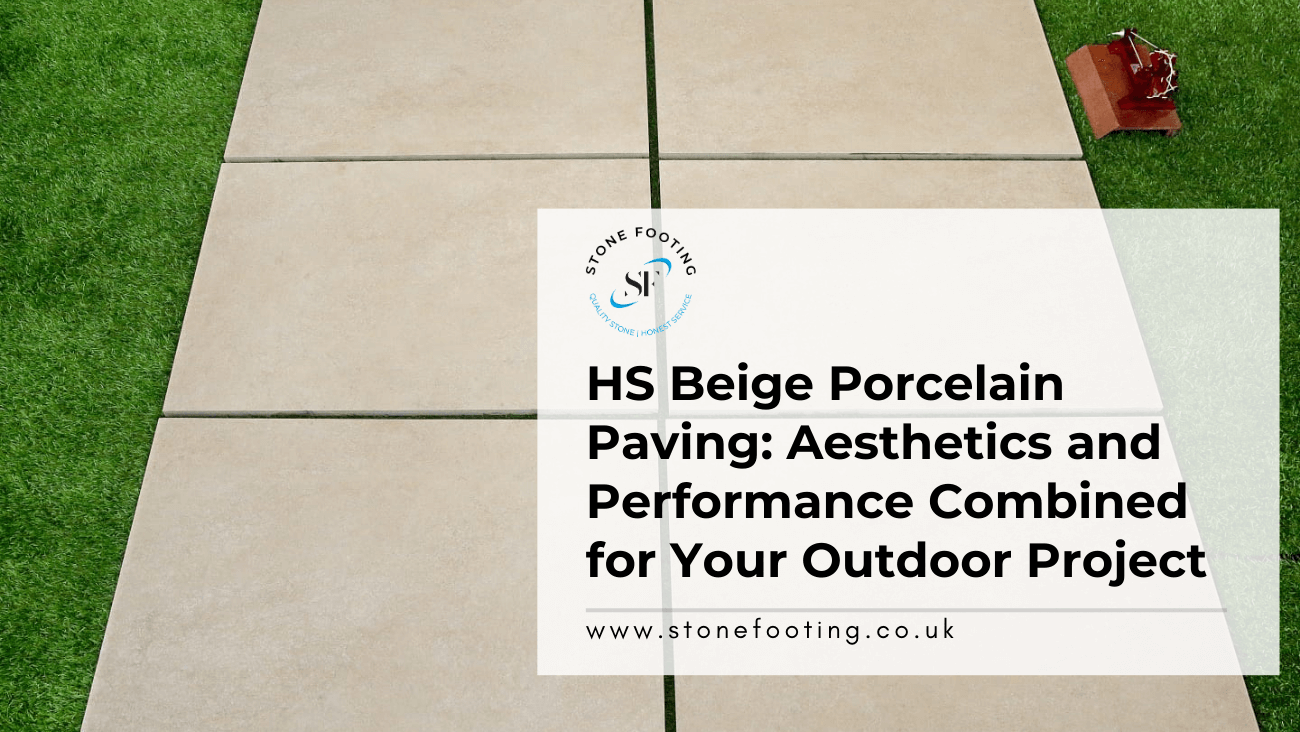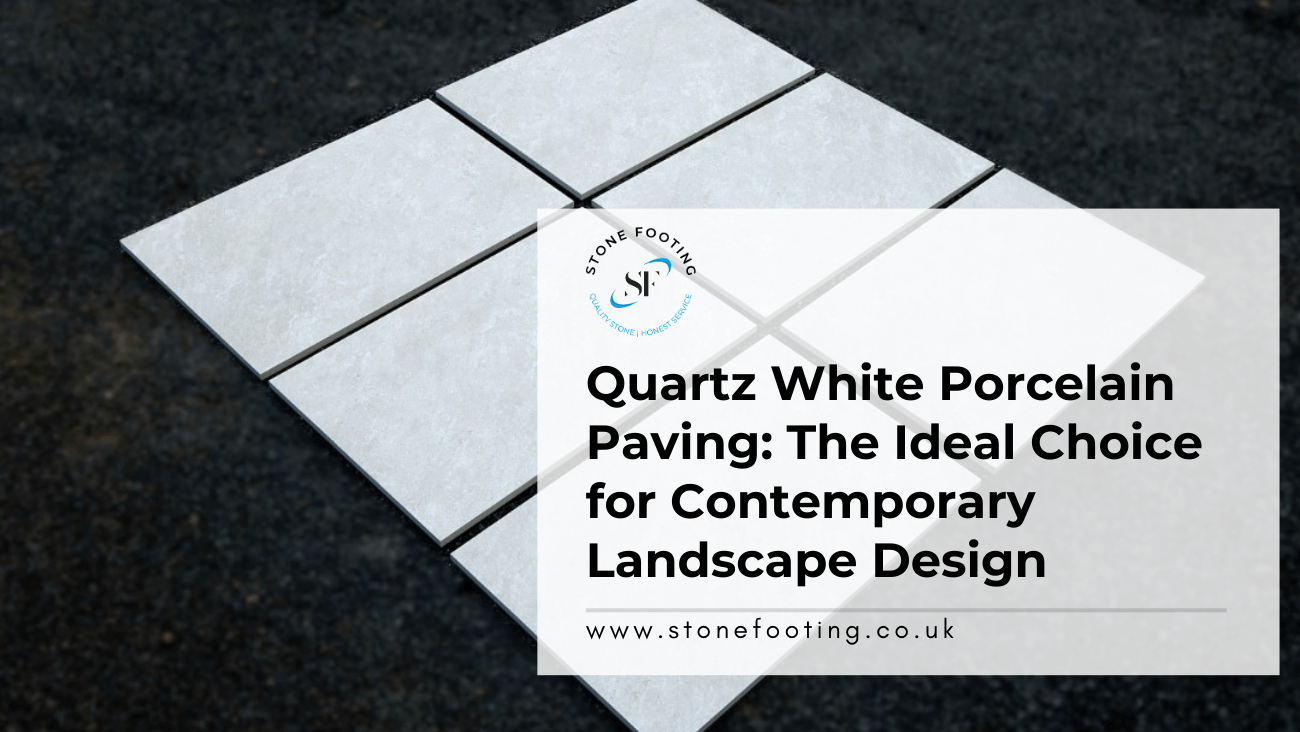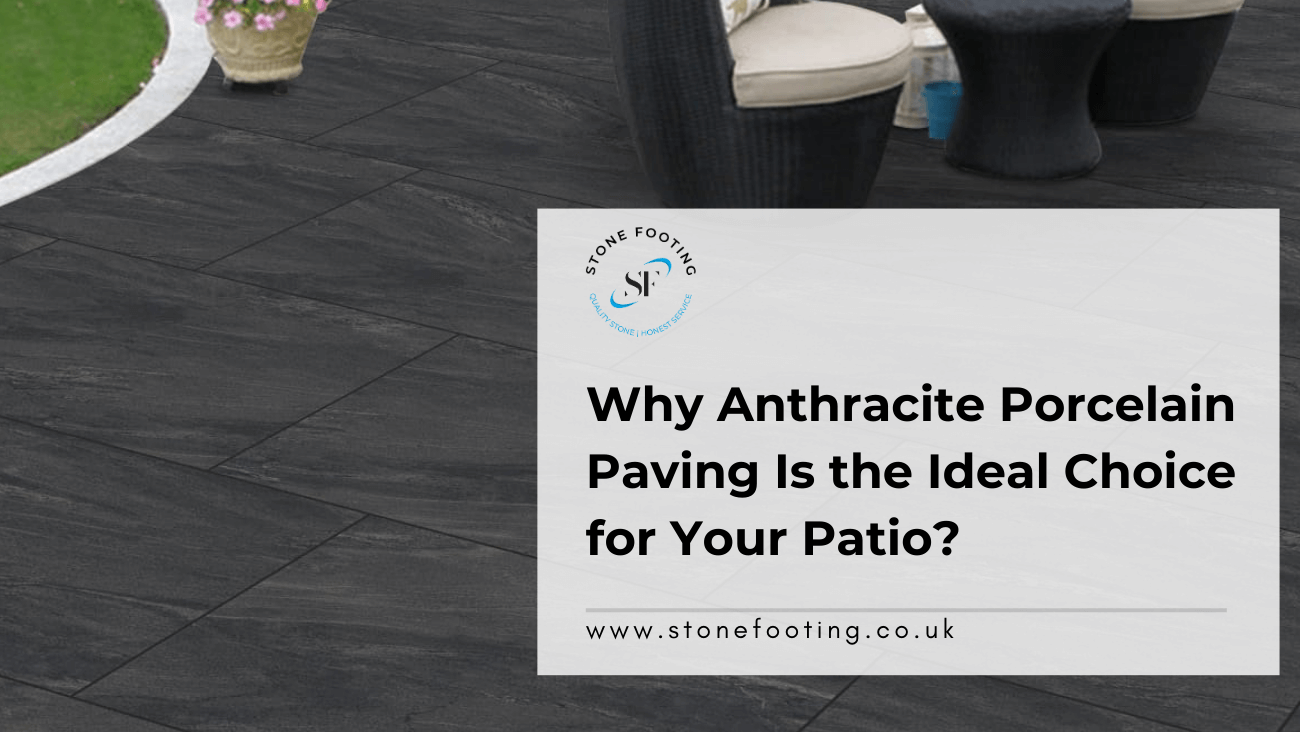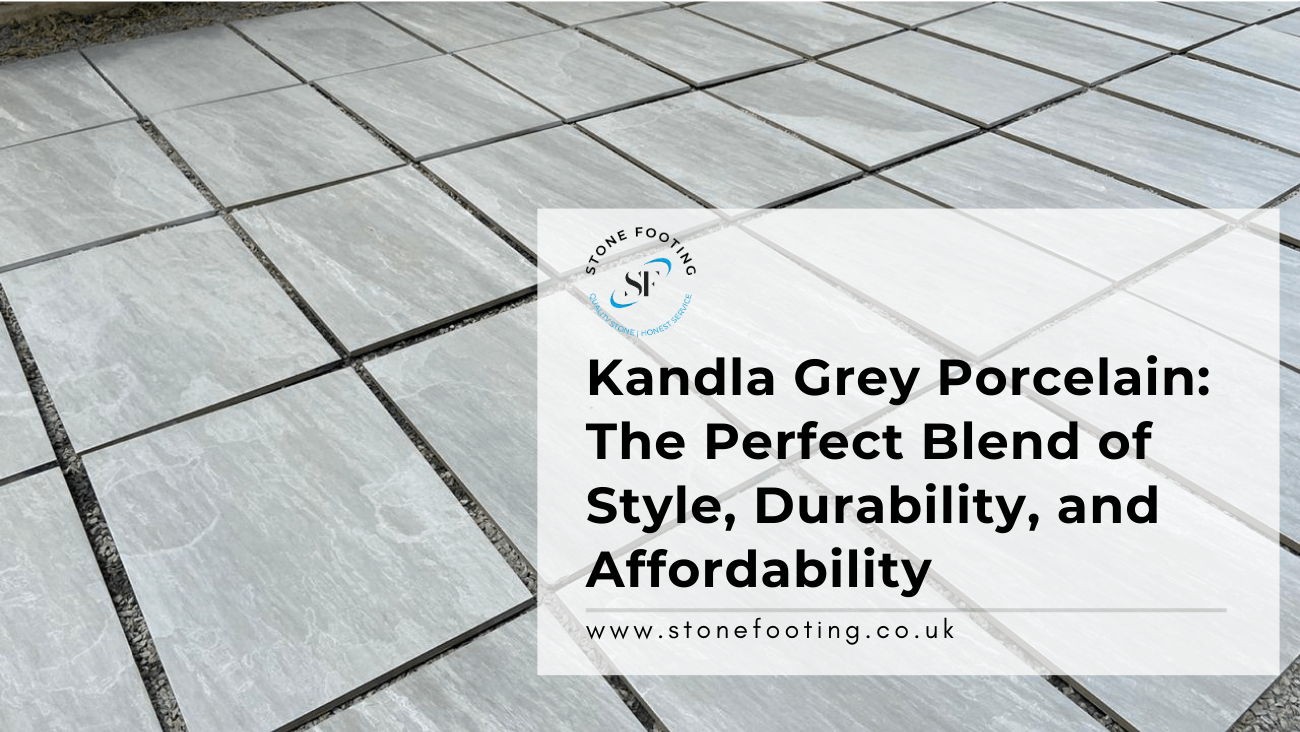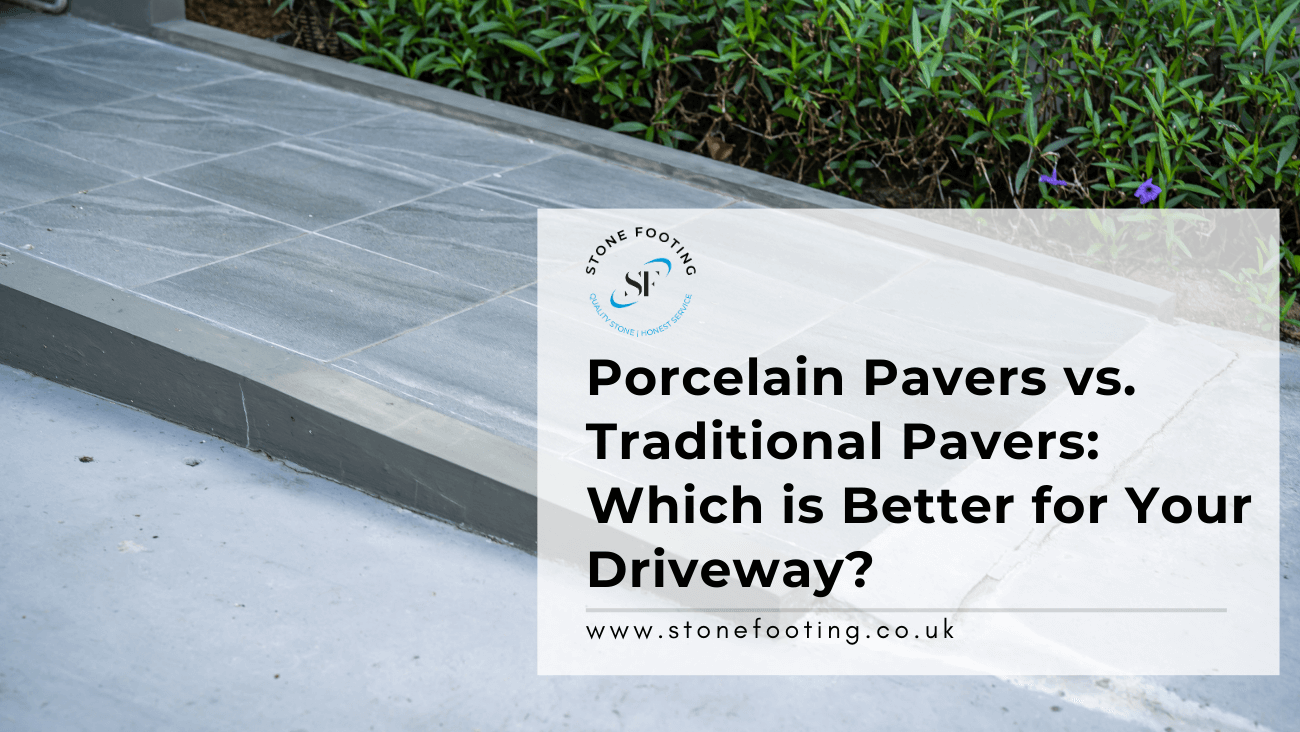Porcelain paving is a good choice for many outdoor flooring applications because it is a hard, durable, and low-maintenance material that is resistant to wear, moisture, and stains. It is also resistant to fading and discoloration, which makes it a good choice for use in areas that are exposed to sunlight and weather. Porcelain paving comes in a wide range of colors, styles, and finishes, which makes it a versatile material that can be used to complement a variety of design styles.
There are a few potential drawbacks to consider when choosing porcelain paving. One is that it is generally more expensive than some other types of outdoor flooring materials, such as concrete or asphalt. Additionally, porcelain paving is a hard material that may be less comfortable to walk on than softer materials, such as grass or rubber. Finally, porcelain paving requires a smooth, stable surface for installation, which may require additional preparation work if the existing surface is uneven or unstable.
Overall, porcelain paving is a good choice for many outdoor flooring applications, especially if you are looking for a durable, low-maintenance material that is resistant to wear and moisture. However, it is important to carefully consider your specific needs and budget when making a decision.
Top 10 Frequently Asked Questions About Porcelain Paving
Take a look at the top 10 frequently asked questions about porcelain paving. These questions will help you to better understand its qualities, features and properties.
1. Is porcelain paving durable?
Yes, porcelain paving is a very durable material that is resistant to wear and tear, moisture, and stains. It is also resistant to fading and discoloration, which makes it a good choice for outdoor use. Porcelain is a type of ceramic material that is made from fine-grained, high-quality clays and other minerals. It is fired at high temperatures to create a hard, dense, and durable material that is resistant to wear, moisture, and stains. Porcelain paving is made from thin tiles of porcelain that are cut to size and installed on a stable, level surface. The tiles are typically laid on a bed of sand or mortar, which helps to distribute weight and prevent the tiles from shifting or cracking.
One of the main advantages of porcelain paving is its durability. It is a hard, dense material that can withstand heavy loads and resist wear and tear, making it a good choice for use in areas with heavy foot traffic or high levels of activity. Porcelain paving is also resistant to moisture, which makes it a good choice for use around pools or other water features, as well as in areas with high humidity or frequent rain. Finally, porcelain paving is easy to clean and maintain, which helps to extend its lifespan and keep it looking new. Overall, porcelain paving is a durable and long-lasting material that is well-suited for many outdoor flooring applications.
2. Will porcelain paving scratch or not?
Porcelain paving is a hard, durable material that is resistant to wear and tear, but it is not completely scratch-resistant. Like any other hard surface, porcelain paving can be scratched by sharp objects or abrasive materials, such as the claws of a pet or the edge of a metal garden tool. However, porcelain paving is generally more resistant to scratches than some other types of flooring materials, such as wood or vinyl.
To reduce the risk of scratching, it is important to take precautions when using porcelain paving. This may include using protective mats or pads under heavy furniture or appliances, avoiding dragging sharp or heavy objects across the surface, and using protective pads or casters on chair and table legs. It is also a good idea to sweep or vacuum the surface regularly to remove any dirt, debris, or small objects that could potentially cause scratches.
Overall, porcelain paving is a very durable material that is resistant to wear and tear, but it is not completely scratch-proof. By taking proper care of the surface and avoiding activities that could potentially cause scratches, you can help to keep your porcelain paving looking new for a longer period of time.
3. Can porcelain be used in all weather conditions?
Yes, porcelain paving is a very durable material that is resistant to wear and tear, moisture, and stains. It is also resistant to fading and discoloration, which makes it a good choice for outdoor use.
Porcelain is a type of ceramic material that is made from fine-grained, high-quality clays and other minerals. It is fired at high temperatures to create a hard, dense, and durable material that is resistant to wear, moisture, and stains. Porcelain paving is made from thin tiles of porcelain that are cut to size and installed on a stable, level surface. The tiles are typically laid on a bed of sand or mortar, which helps to distribute weight and prevent the tiles from shifting or cracking.
One of the main advantages of porcelain paving is its durability. It is a hard, dense material that can withstand heavy loads and resist wear and tear, making it a good choice for use in areas with heavy foot traffic or high levels of activity. Porcelain paving is also resistant to moisture, which makes it a good choice for use around pools or other water features, as well as in areas with high humidity or frequent rain. Finally, porcelain paving is easy to clean and maintain, which helps to extend its lifespan and keep it looking new. Overall, porcelain paving is a durable and long-lasting material that is well-suited for many outdoor flooring applications.
4. Is porcelain easy to maintain?
Yes, porcelain is generally easy to maintain. It is a non-porous material that does not absorb moisture or stains, which makes it easy to clean and keep looking new. It is also resistant to fading and discoloration, which means it does not require regular refinishing or sealing.
Porcelain is a type of ceramic material that is made from fine-grained, high-quality clays and other minerals. It is fired at high temperatures to create a hard, dense, and durable material that is resistant to wear, moisture, and stains. Porcelain paving is made from thin tiles of porcelain that are cut to size and installed on a stable, level surface. The tiles are typically laid on a bed of sand or mortar, which helps to distribute weight and prevent the tiles from shifting or cracking.
To maintain porcelain paving, it is important to regularly sweep or vacuum the surface to remove dirt, debris, and small objects that could potentially cause scratches or damage. It is also a good idea to clean the surface regularly with a mild detergent or cleaner specifically designed for porcelain or ceramic surfaces. Avoid using harsh or abrasive cleaners, as they could potentially damage the surface or cause it to become slippery. Porcelain paving is a low-maintenance material that does not require regular sealing or refinishing, which makes it a good choice for busy or high-traffic areas.
5. Can you suggest the ideal way to lay porcelain paving?
The ideal way to lay porcelain paving will depend on the specific characteristics of the tiles, the surface on which they are being installed, and the intended use of the area. Here are some general guidelines to follow when installing porcelain paving:
- Prepare the surface: The surface on which the tiles will be installed should be smooth, stable, and level. Any existing surface should be removed and the area should be graded and compacted as needed.
- Install a base: A base of sand or gravel should be installed to provide a stable foundation for the tiles. The base should be compacted and leveled to ensure that the tiles are properly supported.
- Lay the tiles: The tiles should be laid on top of the base, starting at one end of the area and working towards the other. The tiles should be spaced evenly and should be aligned with a straightedge or string line to ensure that they are straight and level.
- Cut the tiles: If necessary, the tiles can be cut to fit around corners or edges using a wet saw or tile cutter.
- Grout the joints: Once the tiles are in place, the joints between them should be filled with grout to provide a seamless finish. The grout should be applied evenly and smoothed with a trowel or spatula.
- Clean the tiles: After the grout has cured, the tiles should be cleaned with a mild detergent or cleaner specifically designed for porcelain or ceramic surfaces. Avoid using harsh or abrasive cleaners, as they could potentially damage the surface or cause it to become slippery.
By following these guidelines, you can help ensure that your porcelain paving is properly installed and will last for many years to come. It is always a good idea to follow the manufacturer’s recommendations and to consult with a professional if you are uncertain about any aspect of the installation process.
6. Is porcelain paving slippery?
Porcelain paving can be slippery when wet, just like any other type of paving material. However, there are ways to minimize slipperiness, such as using a textured finish or choosing a porcelain paving product with a higher coefficient of friction. It is important to keep in mind that all outdoor surfaces can be slippery when wet, and it is always a good idea to take precautions to prevent falls, such as wearing appropriate footwear and being careful when walking on wet surfaces. If you are concerned about the slipperiness of your porcelain paving, you can also consider applying a non-slip treatment or sealant to the surface.
7. How do you clean porcelain paving?
Porcelain paving is very easy to clean. Here are a few simple steps you can follow to keep your porcelain paving looking its best:
- Sweep the surface regularly to remove any dirt, debris, or leaves that may have accumulated on the tiles.
- Use a hose or pressure washer to remove any stains or marks. A pressure washer is particularly effective at removing stains and is also a quick and efficient way to clean large areas of porcelain paving.
- For tougher stains, you can use a mild detergent or a specialized porcelain paving cleaner. Be sure to follow the manufacturer’s instructions when using any cleaning products.
- Rinse the surface thoroughly with clean water to remove any soap or cleaning solution.
- Allow the paving to dry completely before walking on it or replacing any furniture.
It is important to avoid using harsh chemicals or abrasive cleaners on porcelain paving, as these can damage the surface. Always test any cleaning products in a small, inconspicuous area before using them on the entire surface to ensure they do not cause any damage.
8. How do you seal porcelain paving?
Sealing porcelain paving is not necessary, as it is a non-porous material that does not require protection from water or stains. However, if you want to add an extra layer of protection or enhance the color and shine of the tiles, you can use a sealant specifically designed for porcelain paving. Here are the steps you can follow to seal porcelain paving:
- Clean the surface thoroughly using a hose or pressure washer to remove any dirt, debris, or stains.
- Allow the paving to dry completely before applying the sealant.
- Follow the manufacturer’s instructions for the sealant you are using, as the application process can vary slightly depending on the product.
- Apply the sealant evenly over the surface of the tiles, using a paint roller or brush.
- Allow the sealant to dry according to the manufacturer’s instructions. This can take anywhere from a few hours to a full day, depending on the product and the weather conditions.
- Once the sealant is dry, you can walk on the tiles or replace any furniture.
It is important to choose a sealant that is specifically designed for porcelain paving to ensure that it will not cause any damage to the tiles. You should also follow the manufacturer’s instructions carefully to ensure that the sealant is applied correctly and has the desired effect.
9. Is porcelain paving expensive than natural stone?
Porcelain paving can be more expensive than some types of natural stone paving, such as granite or limestone. However, it can also be less expensive than other types of natural stone, such as marble or sandstone. The cost of natural stone paving can vary widely depending on the type of stone, the availability of the material, and other factors.
In general, porcelain paving is a more affordable option than natural stone for many homeowners. It is a durable and low-maintenance choice that can save you money in the long run, as it requires less maintenance and repair than natural stone. Additionally, porcelain paving is easy to clean and maintain, which can also help to reduce the cost of upkeep.
The actual cost of porcelain paving compared to natural stone will depend on a variety of factors, including the size and style of the tiles, the installation method, and the location of the project. It is a good idea to compare the costs of different types of paving materials before making a decision, to ensure that you choose the option that best fits your budget and needs.
10. Can porcelain paving be used indoors?
Yes, porcelain paving can be used indoors as well as outdoors. It is a popular choice for indoor flooring because it is durable, easy to maintain, and resistant to stains and scratching. Porcelain paving is made from porcelain clay and fired at high temperatures to create a hard, dense surface, which makes it resistant to wear and tear. It is also a non-porous material, which means it does not absorb liquids or stains, making it easy to clean and maintain.
There are many different types of porcelain paving available for indoor use, including tiles, slabs, and pavers. You can choose from a wide range of colors, sizes, and styles to suit your decor and design preferences. Porcelain paving can be used in a variety of indoor spaces, including kitchens, bathrooms, living rooms, and hallways.
It is important to consider the suitability of porcelain paving for the specific area in which it will be used. For example, porcelain paving may not be the best choice for high-moisture areas, such as showers or bathrooms, as it can be slippery when wet. In these cases, it may be more suitable to use a different type of flooring material, such as ceramic tiles or stone.
Final Thoughts!!
At Stone Footing, the leading wholesaler of Porcelain paving stone in the UK, we provide our customers personalized choices based on thicknesses, shape, and appearance. In fact, various tests are done prior to final shipping, so that our clients do not have to worry about transportation or reliability difficulties. if you’re hunting for high-quality natural stone or Porcelain for residential or commercial applications, look no further. Connect with Stone Footing, a natural stone wholesaler recognised for providing high-quality natural stones.

